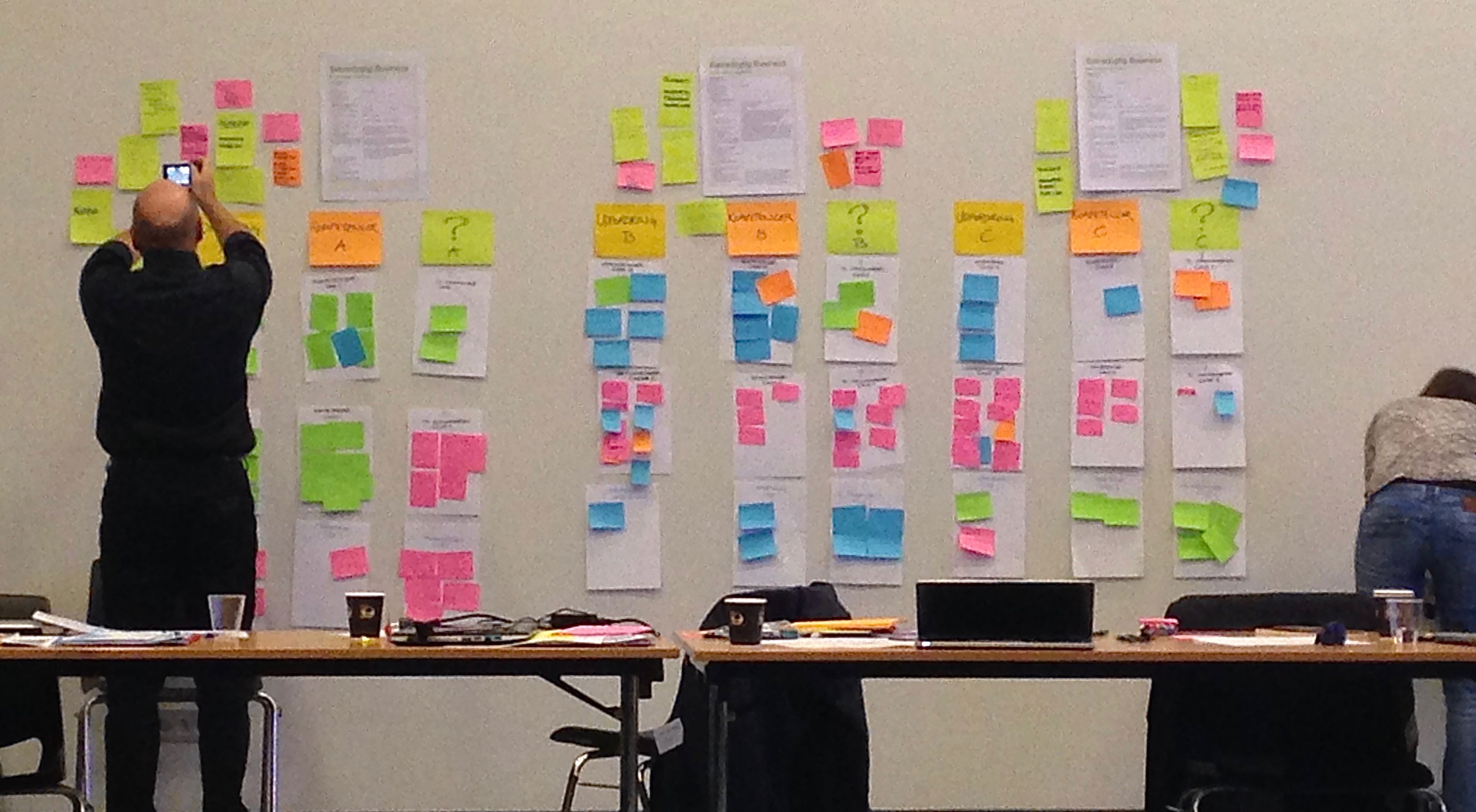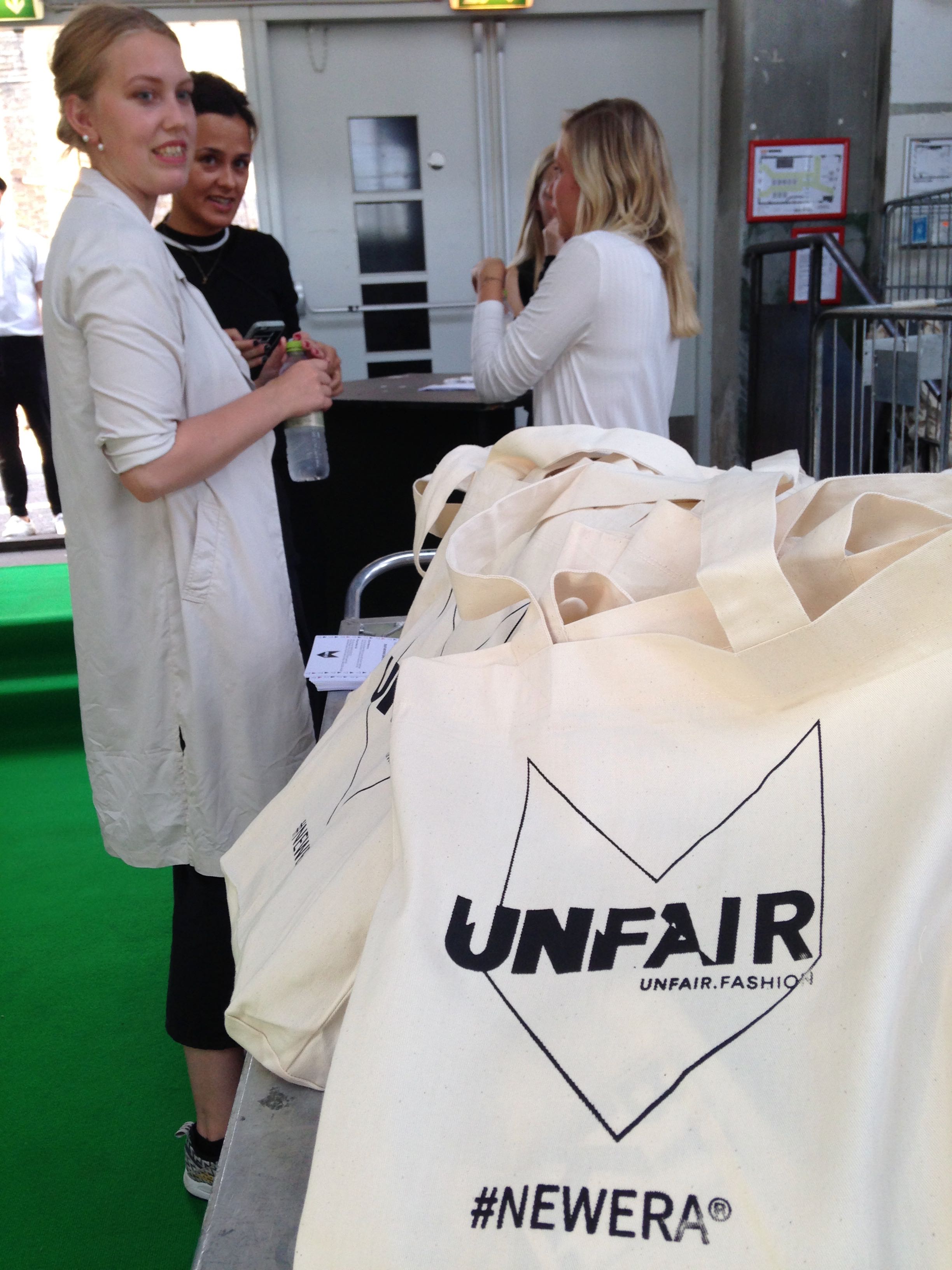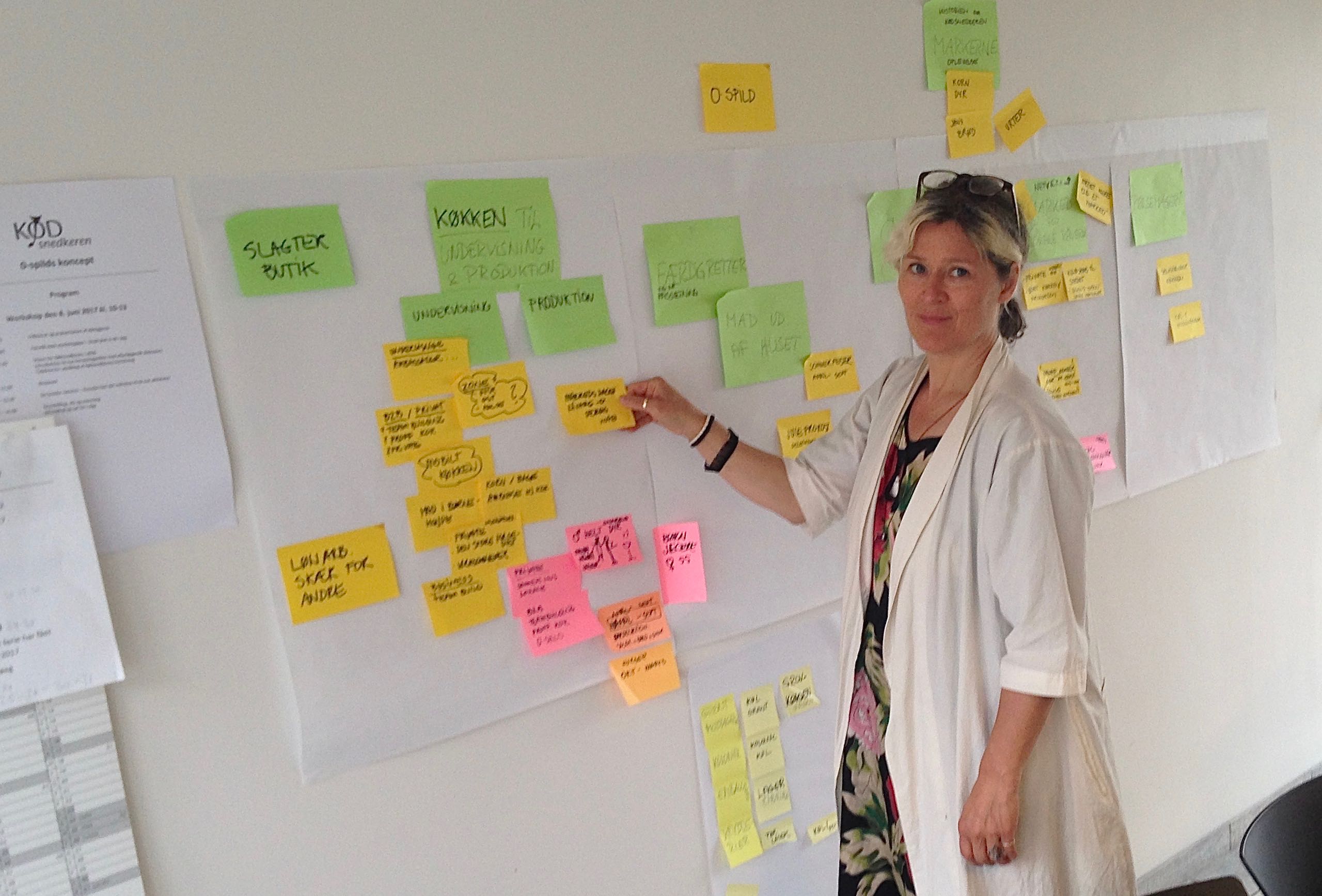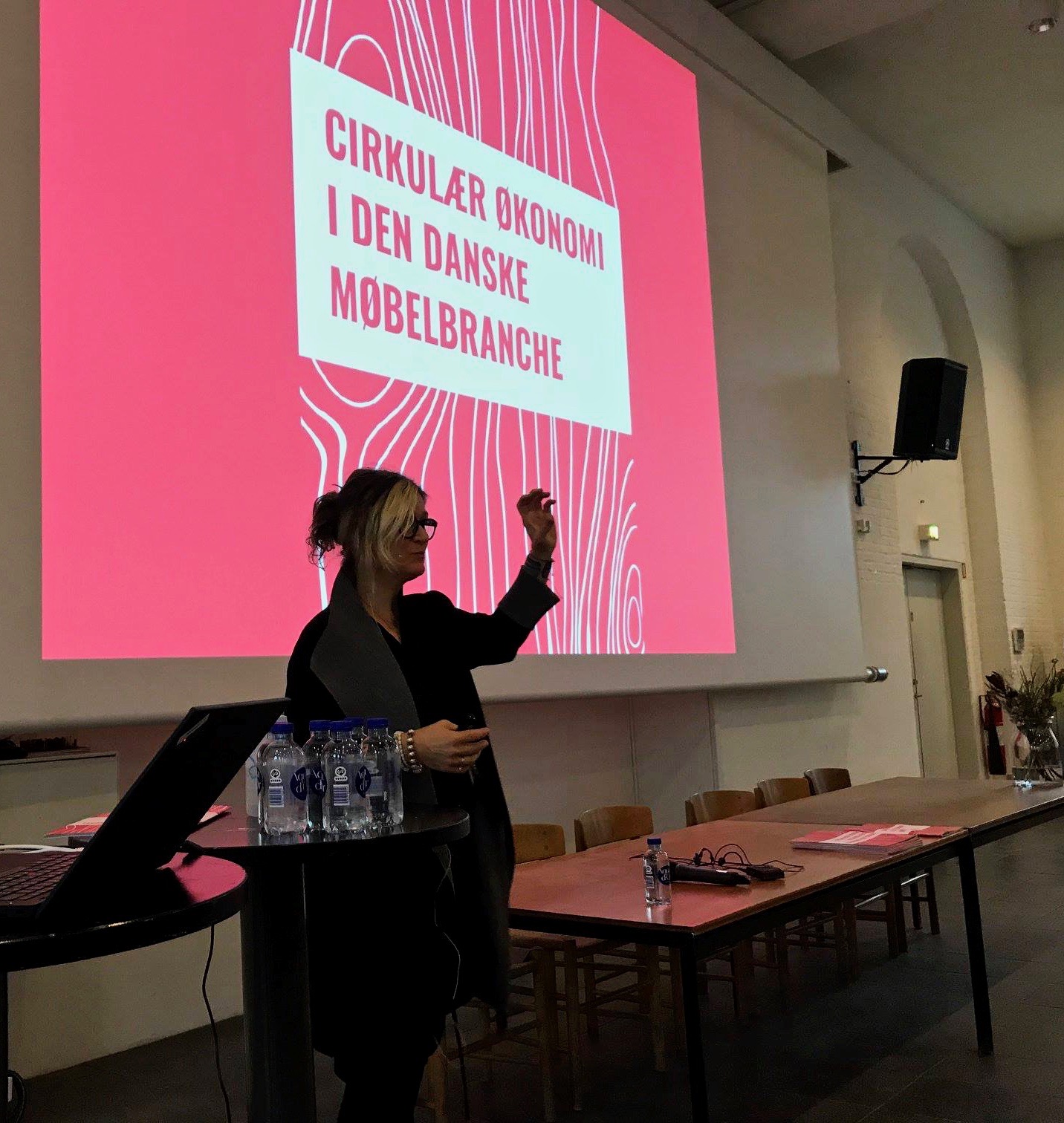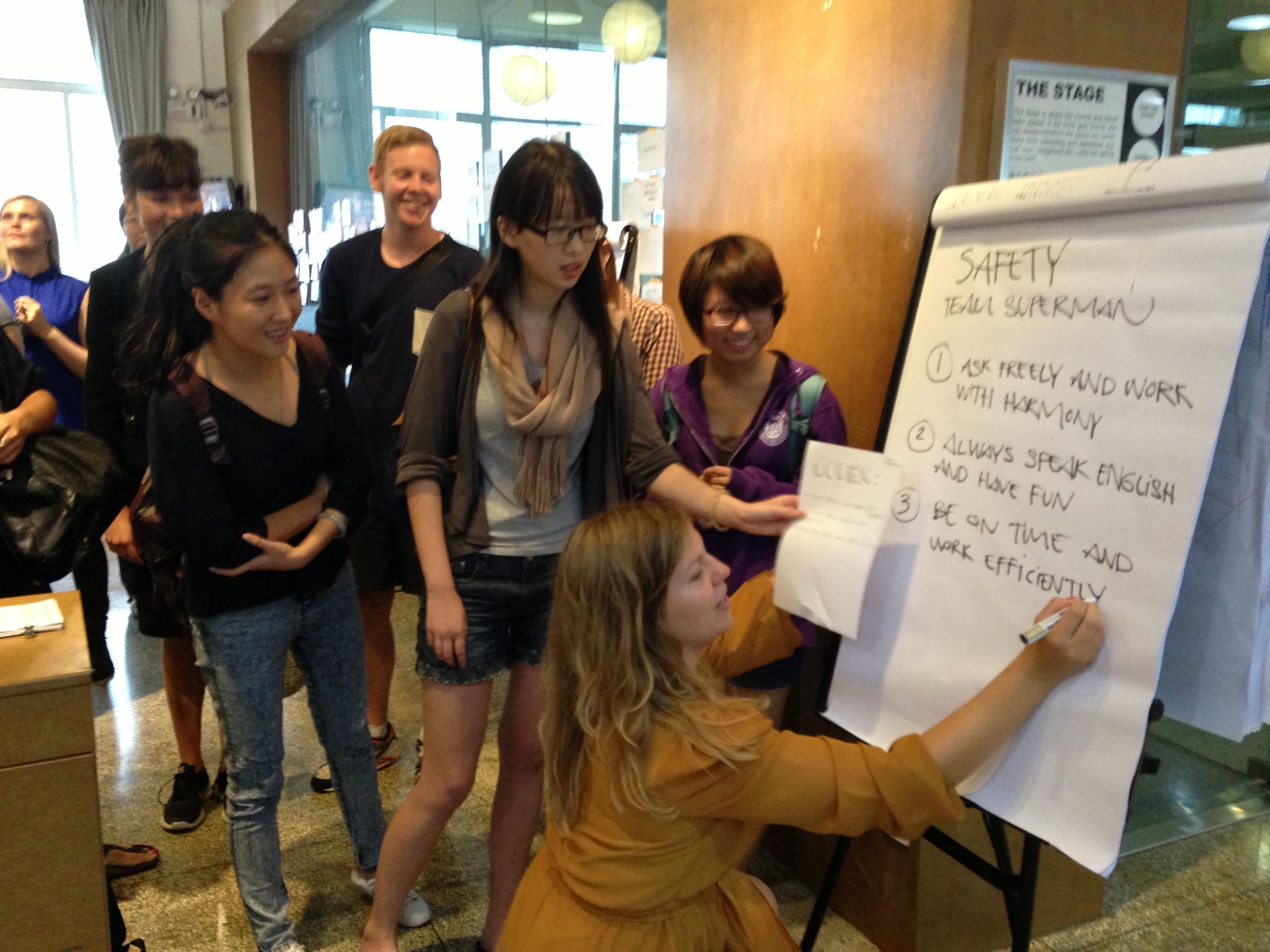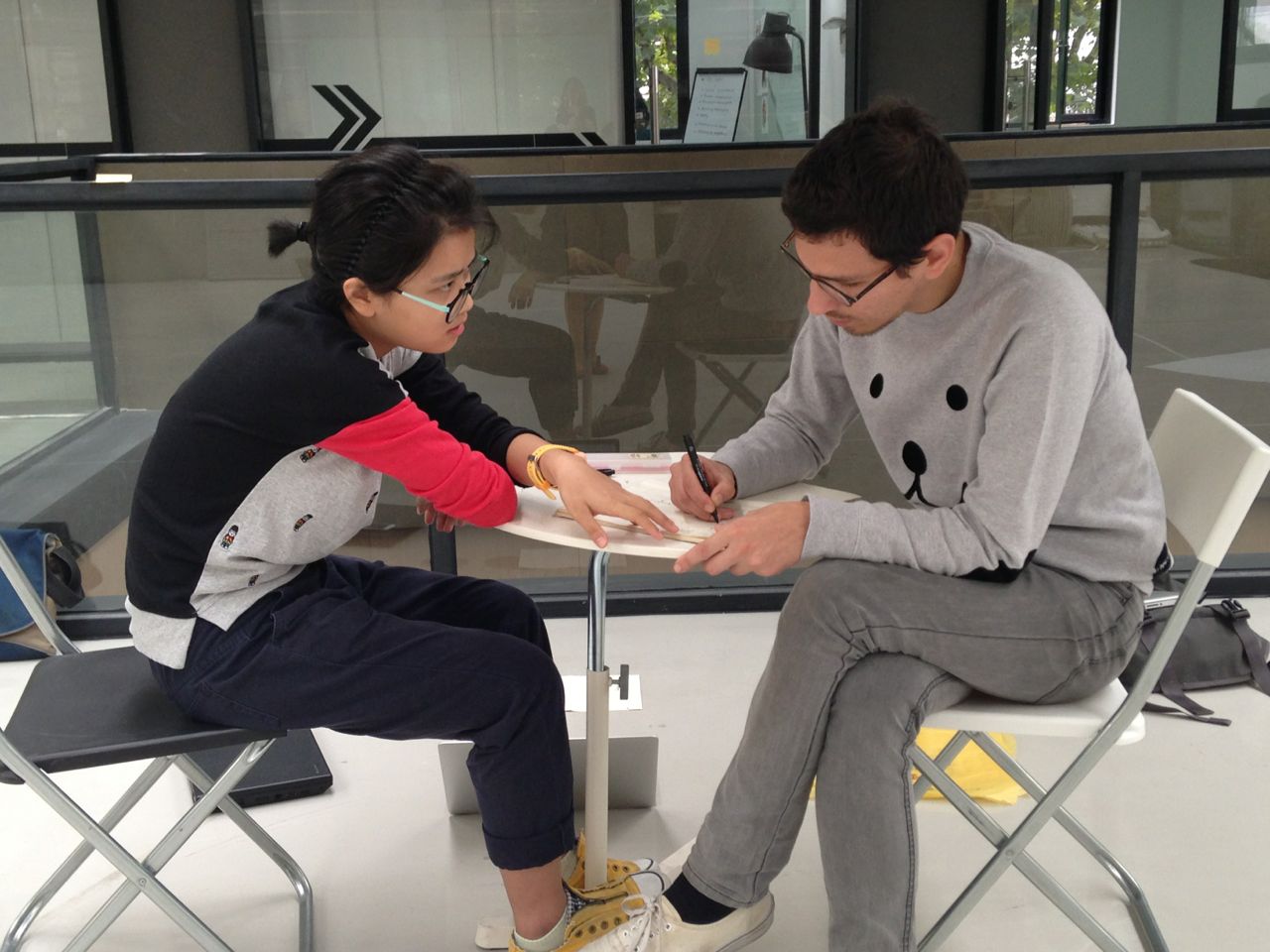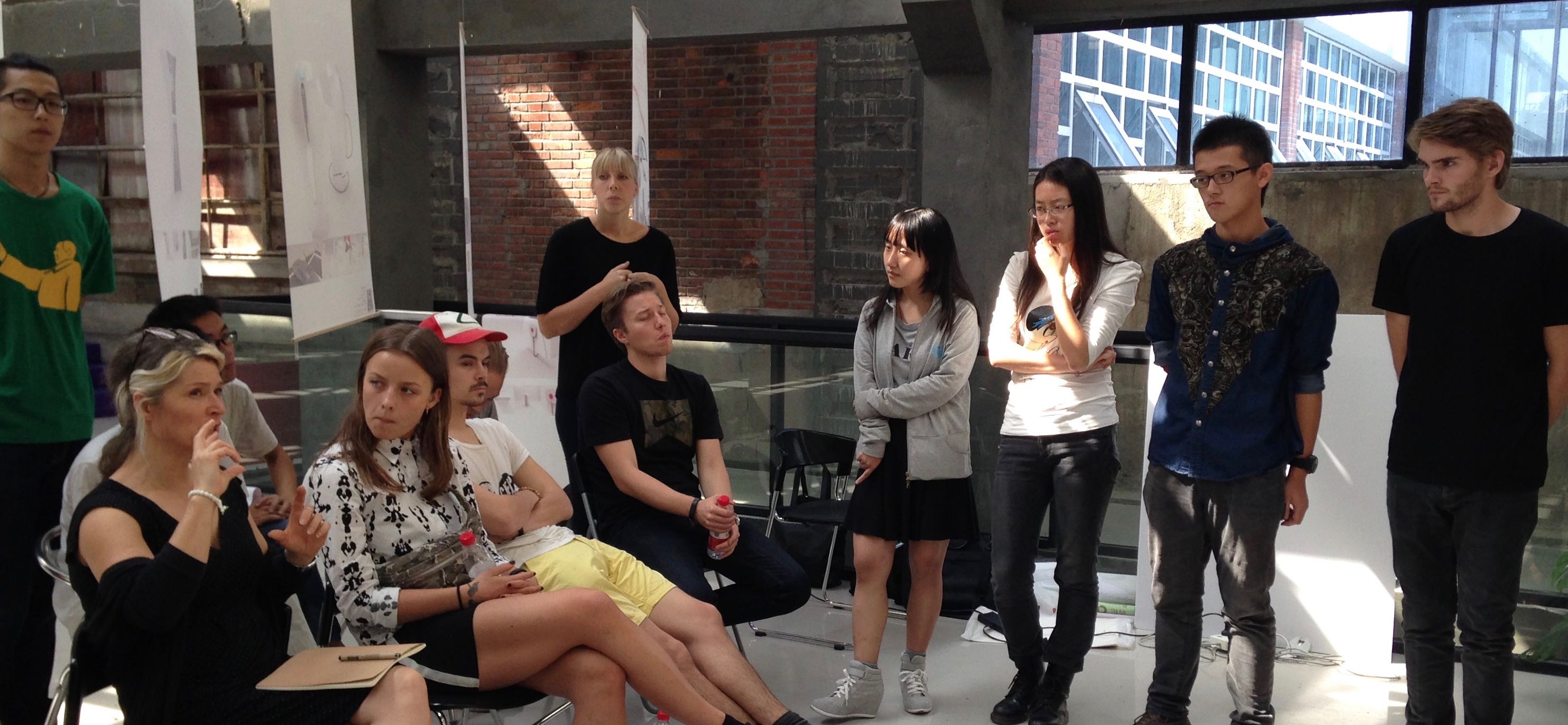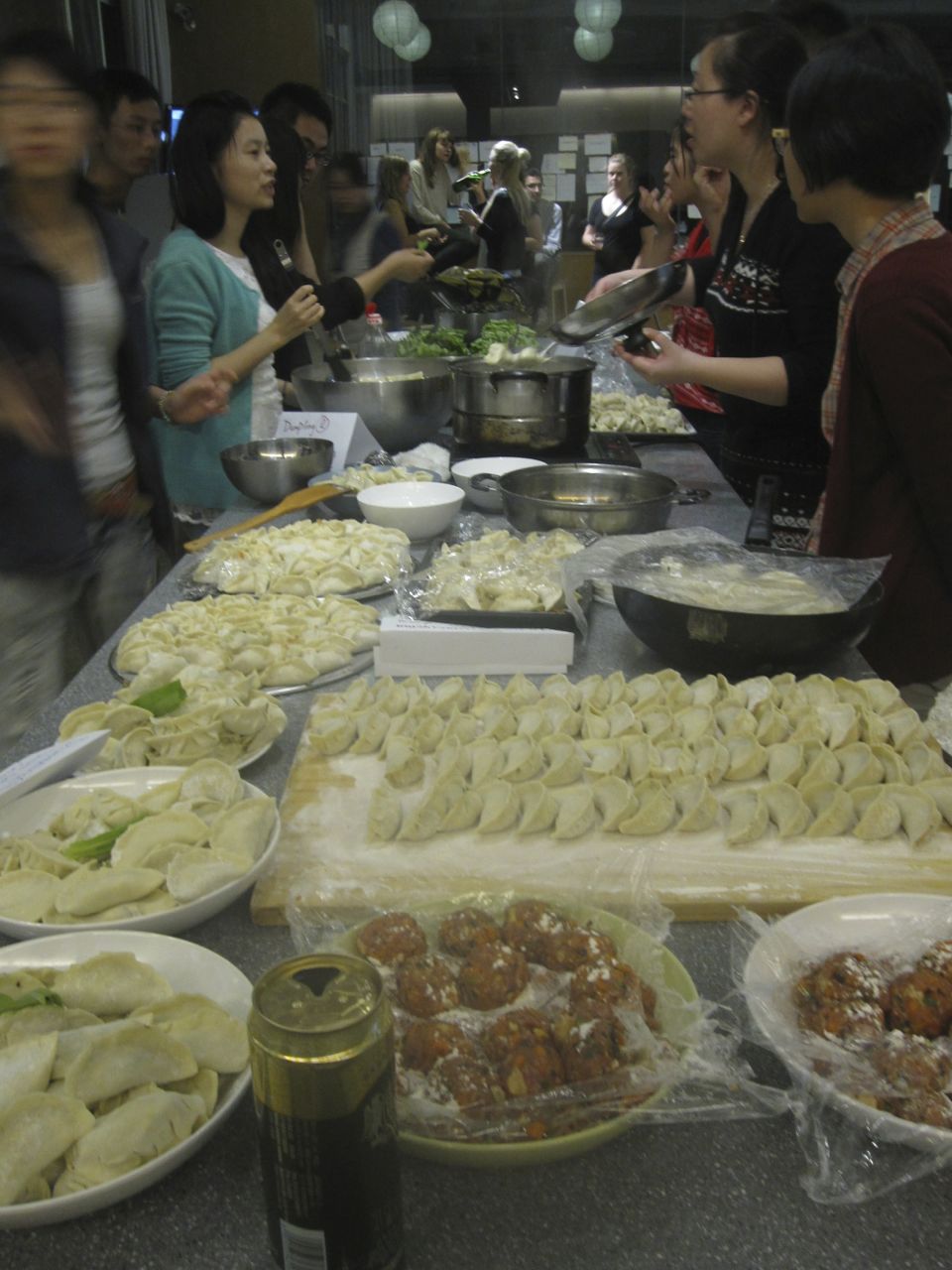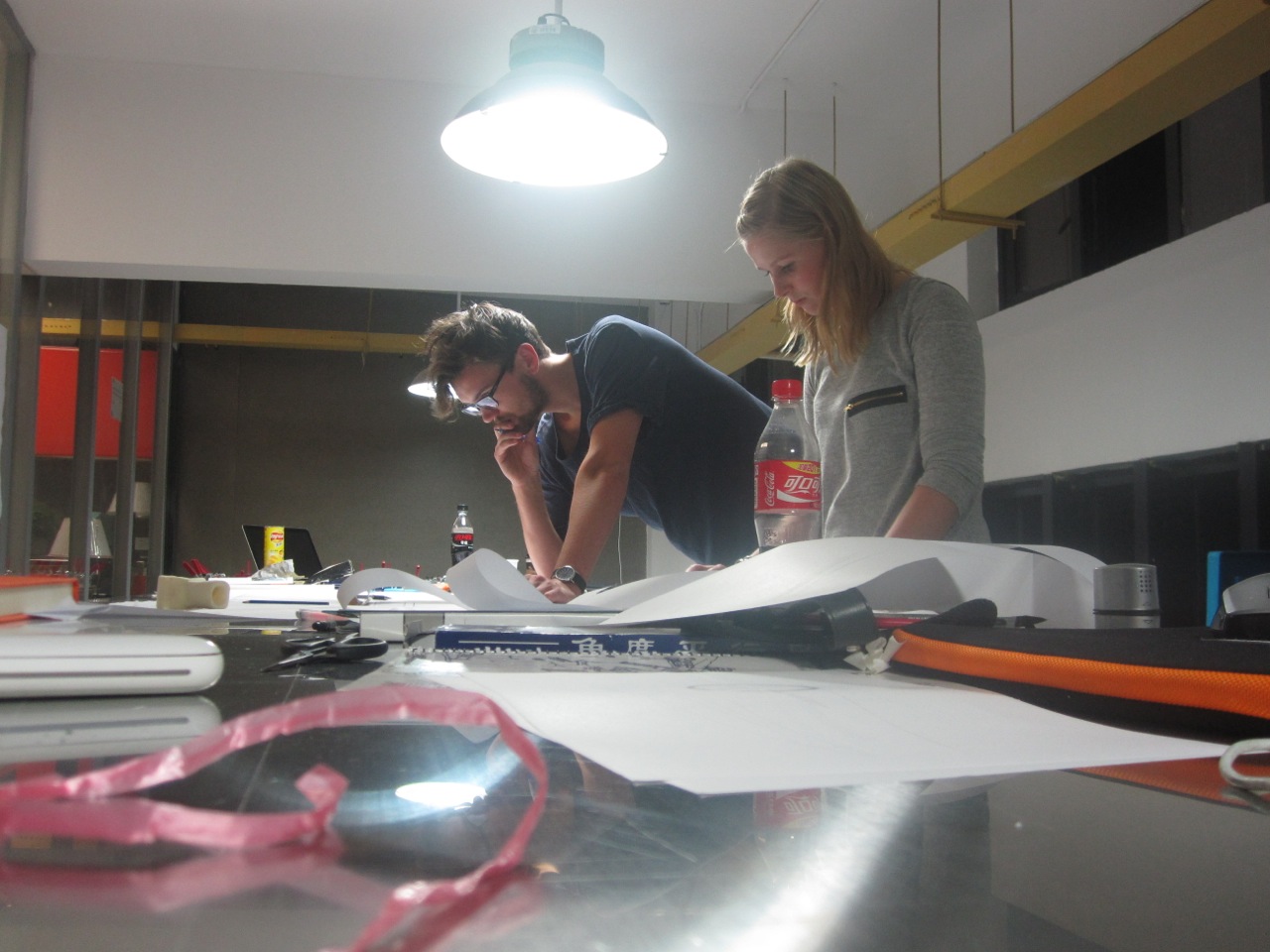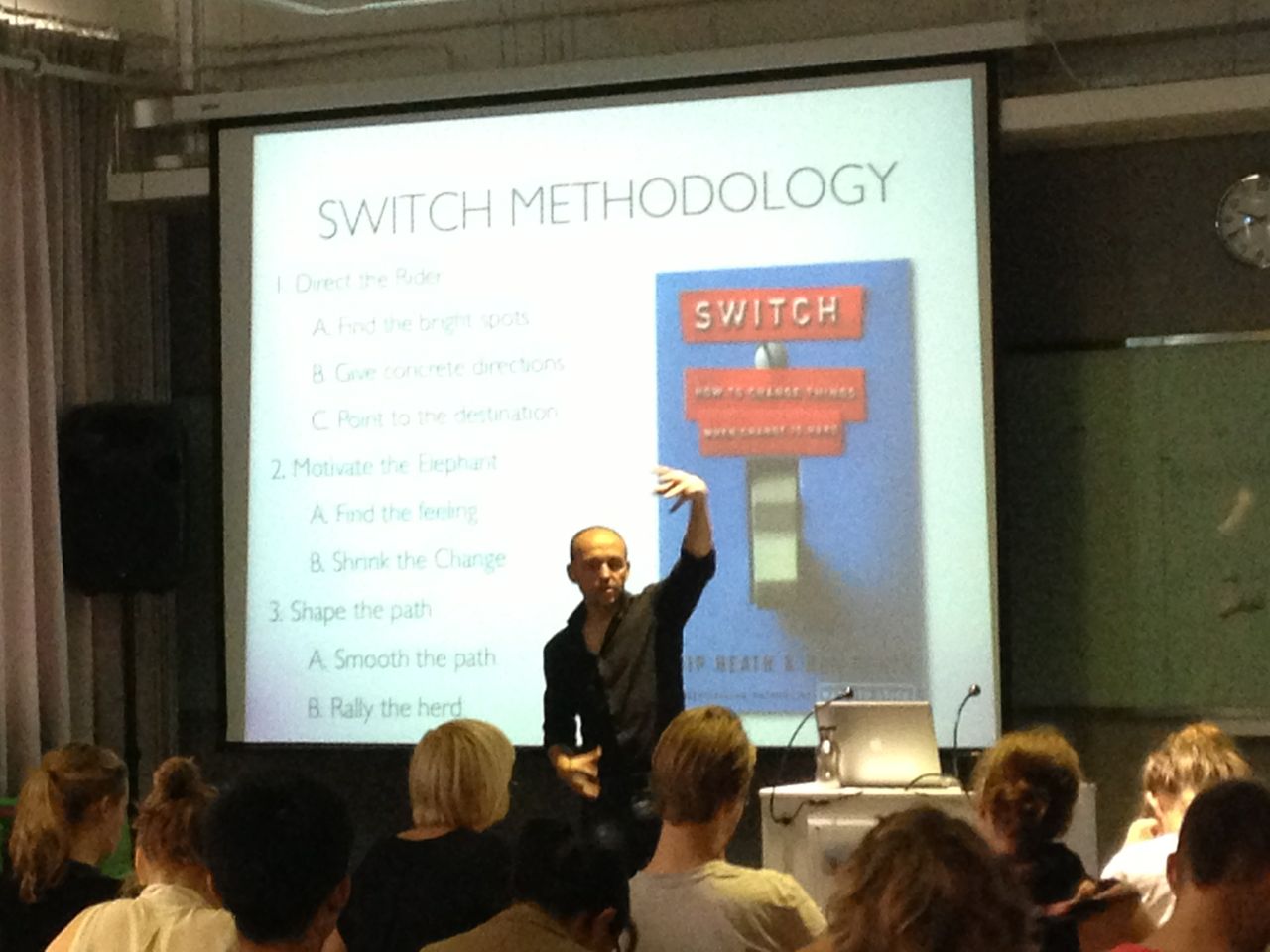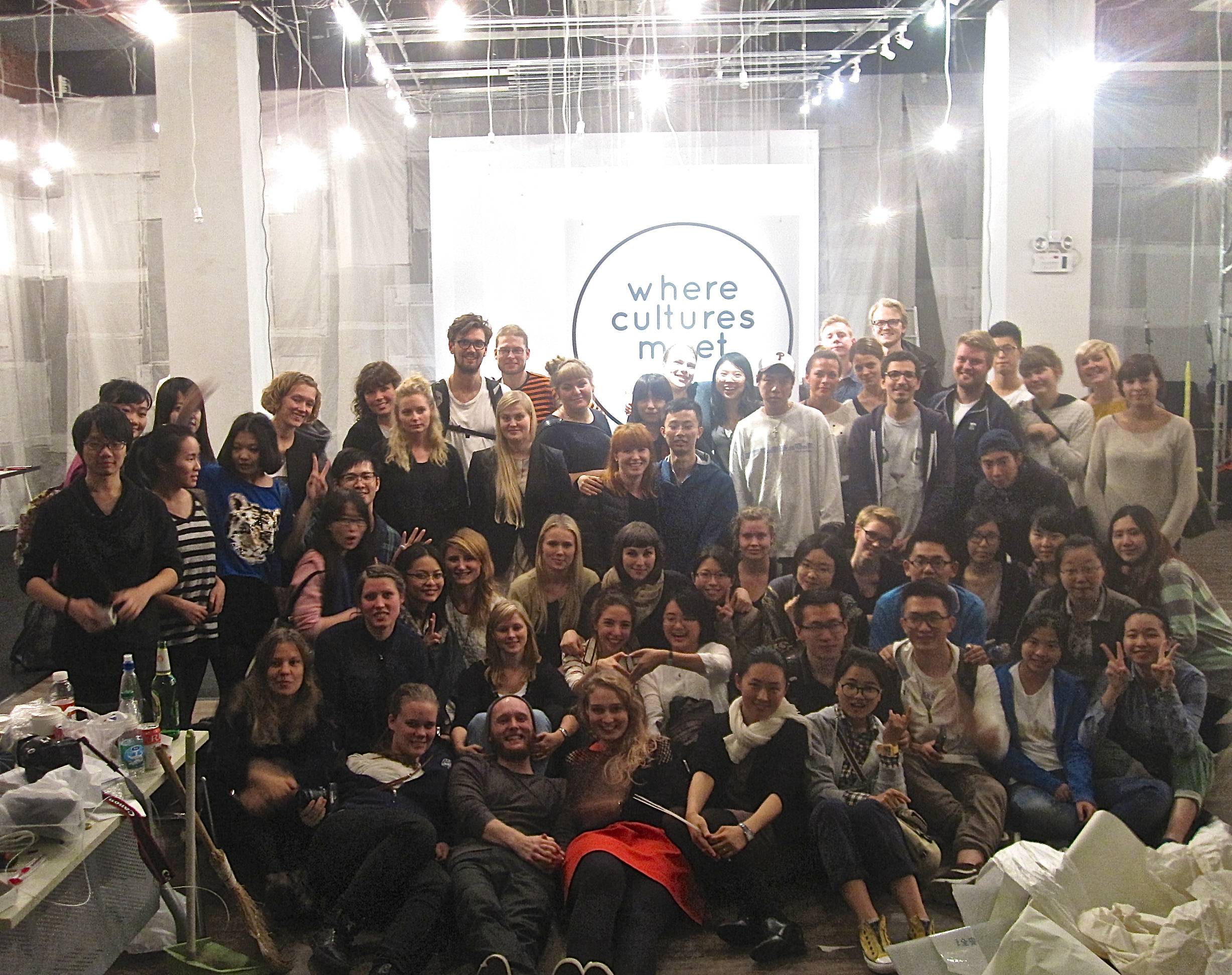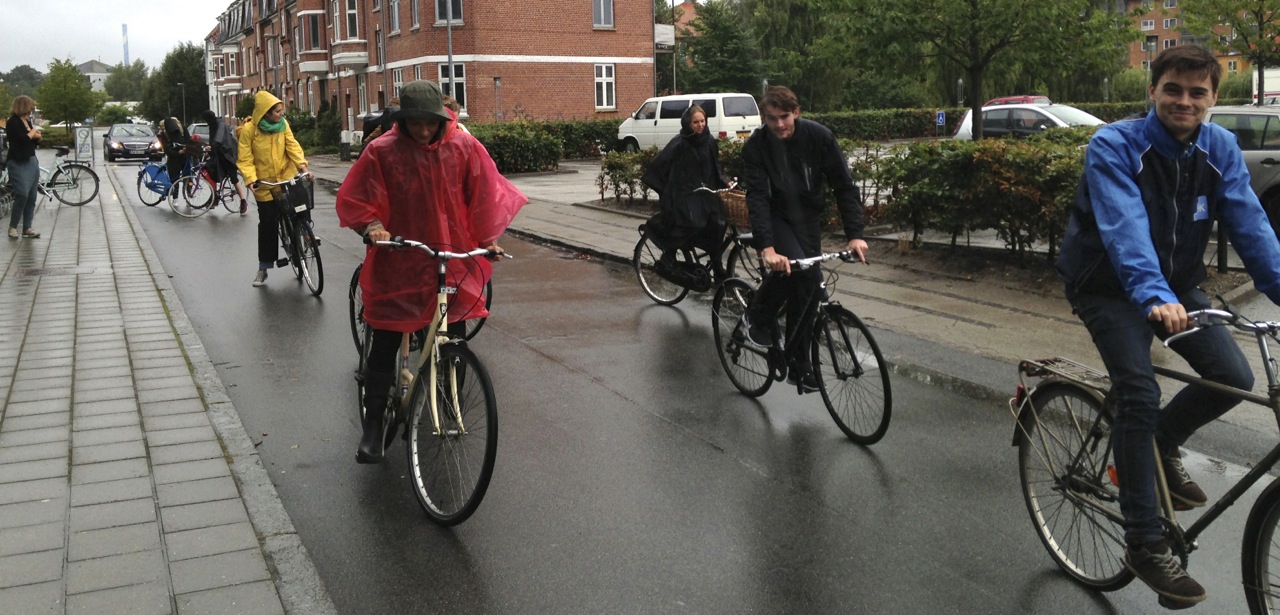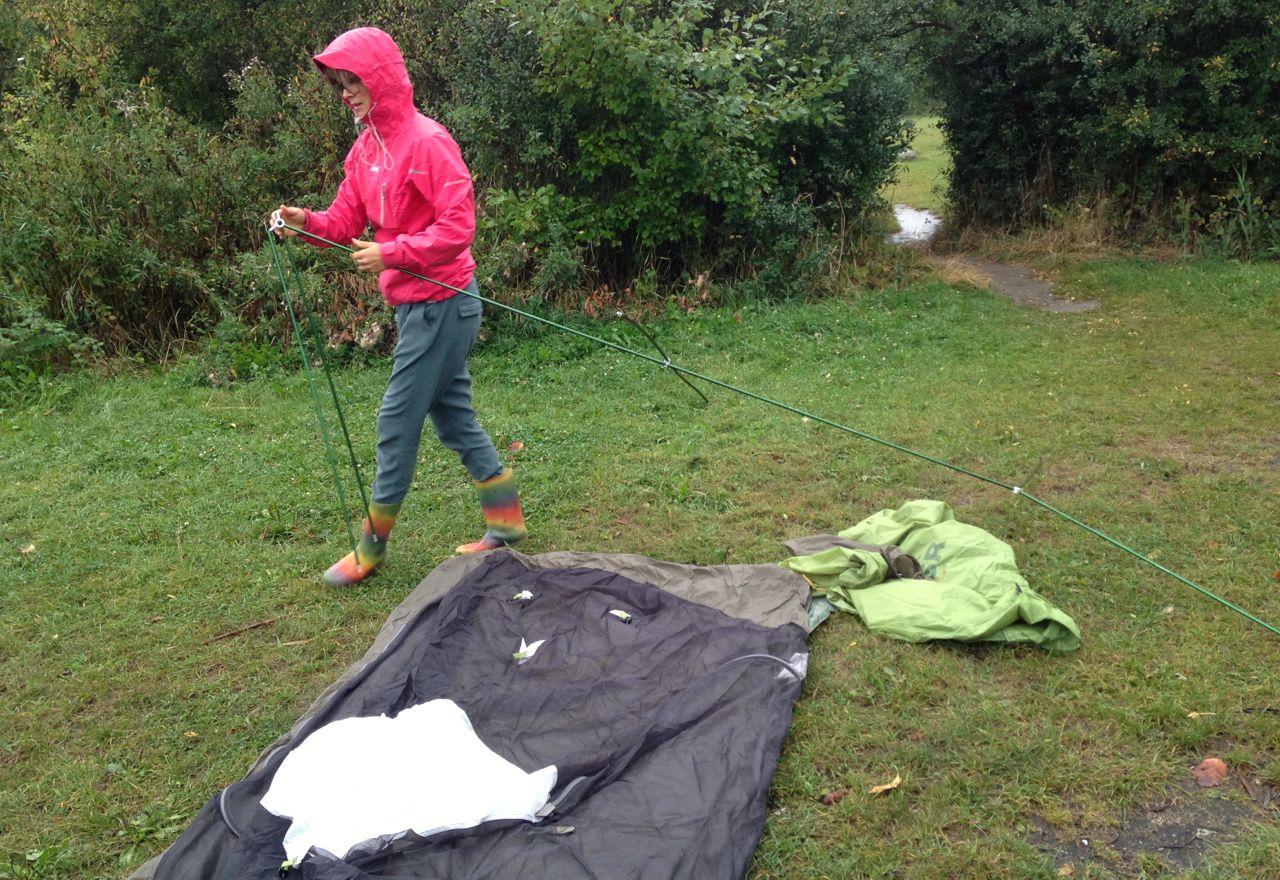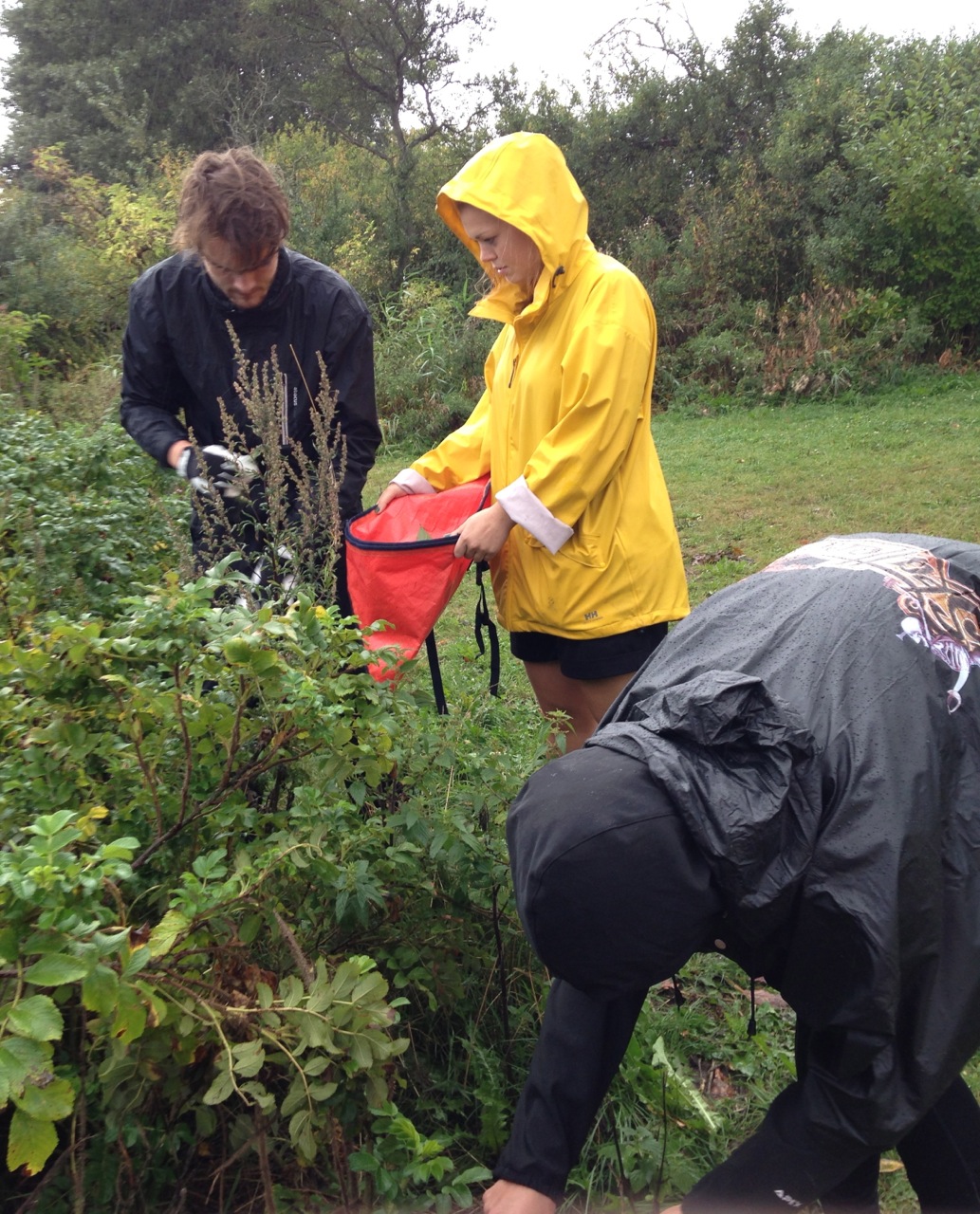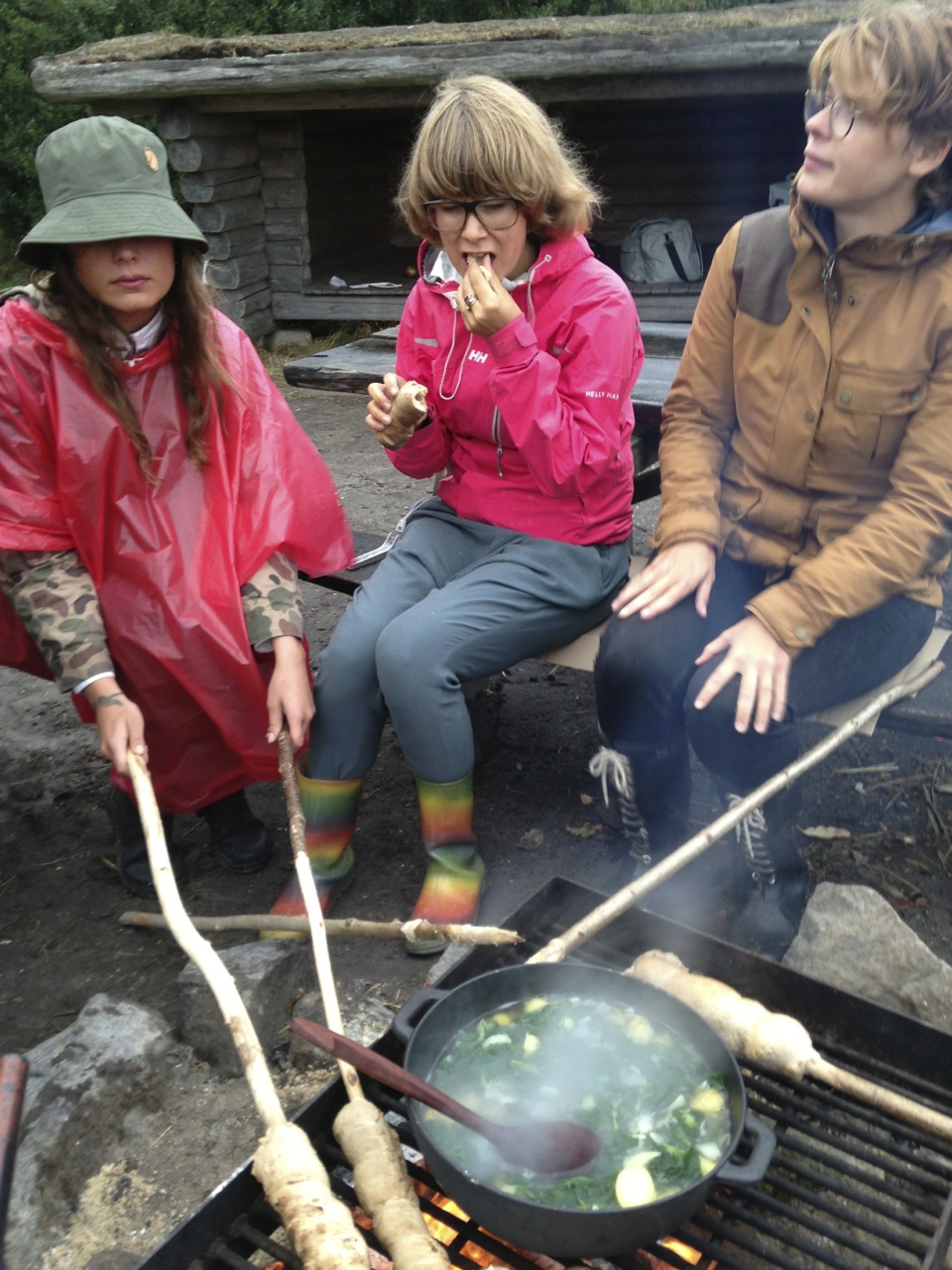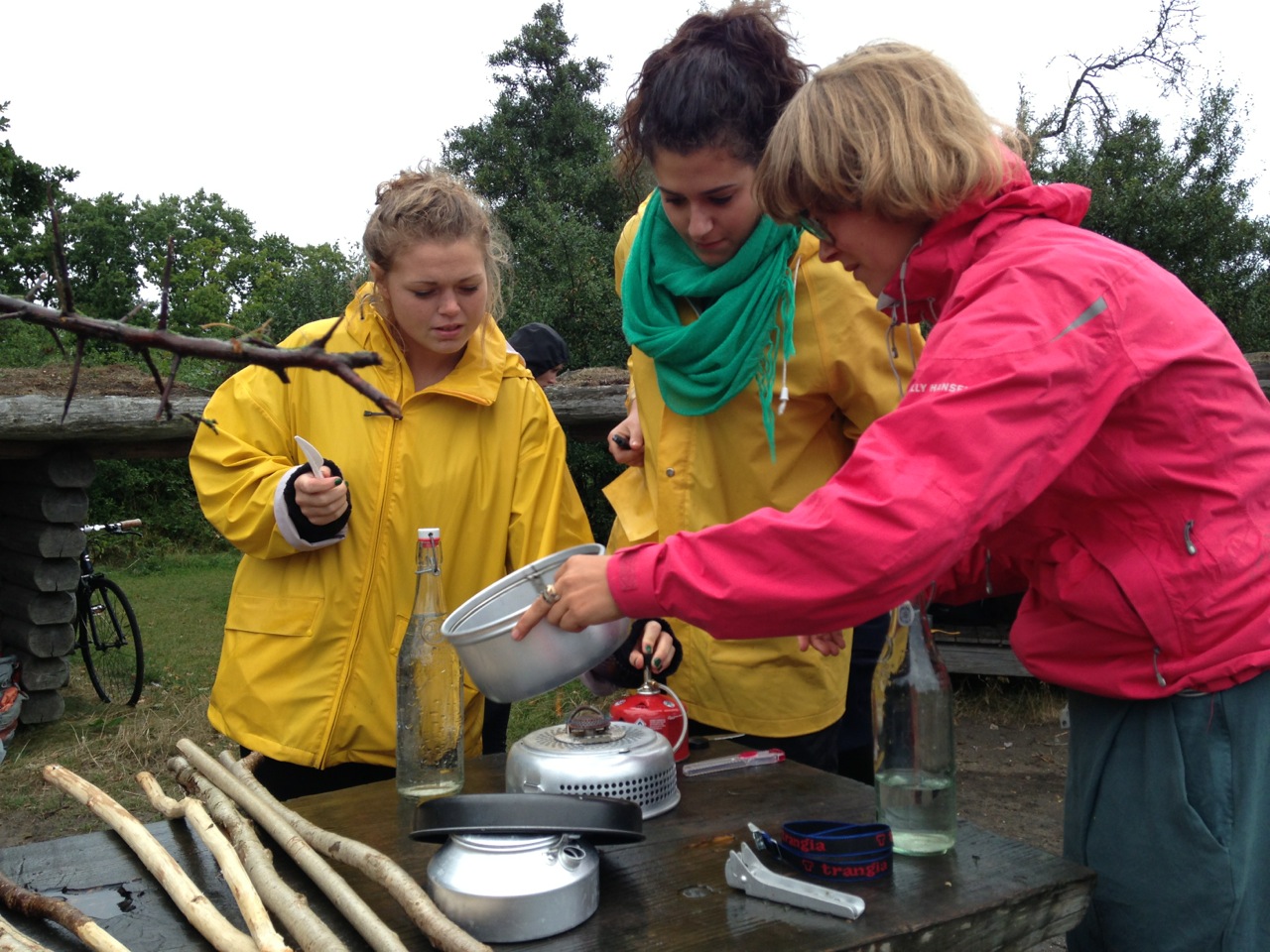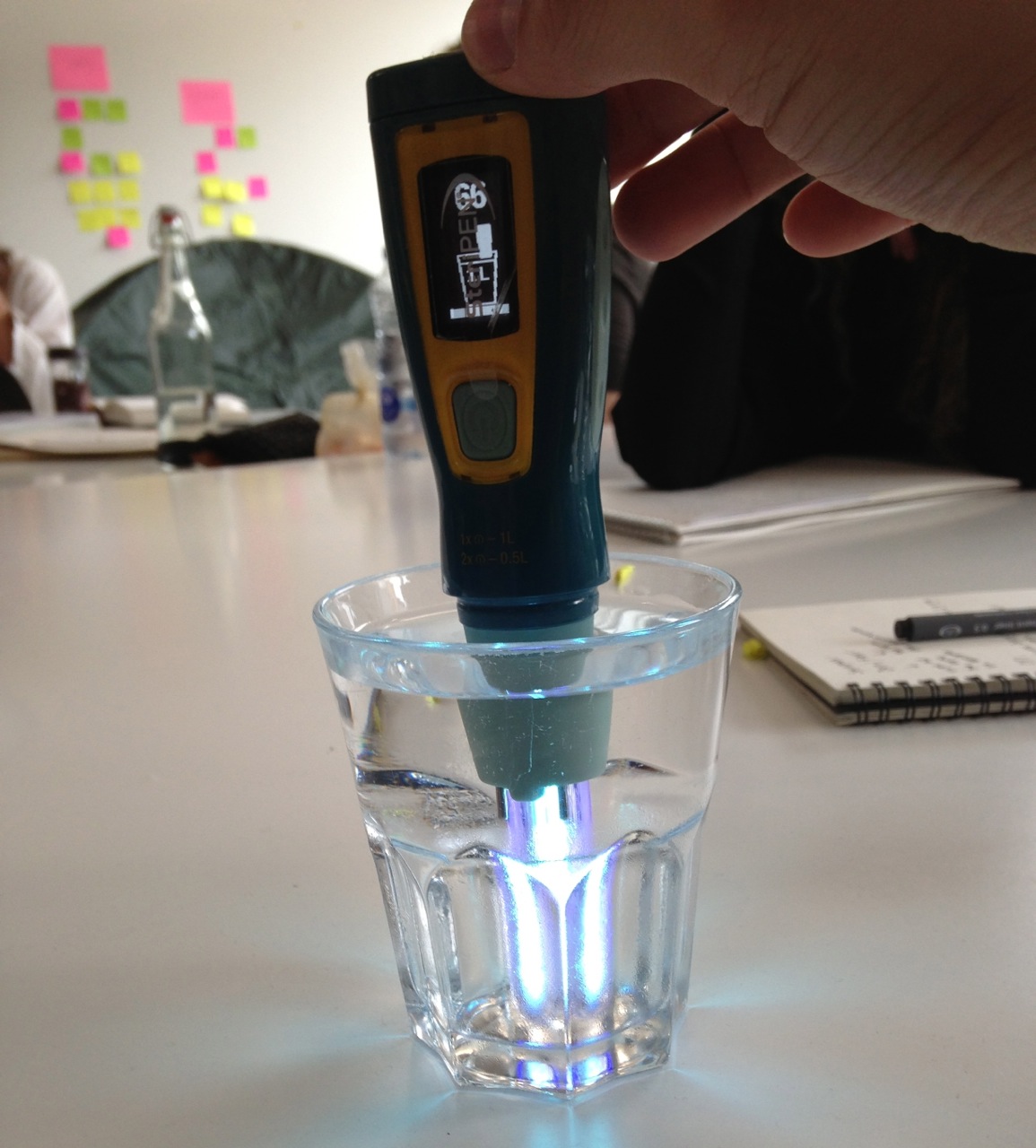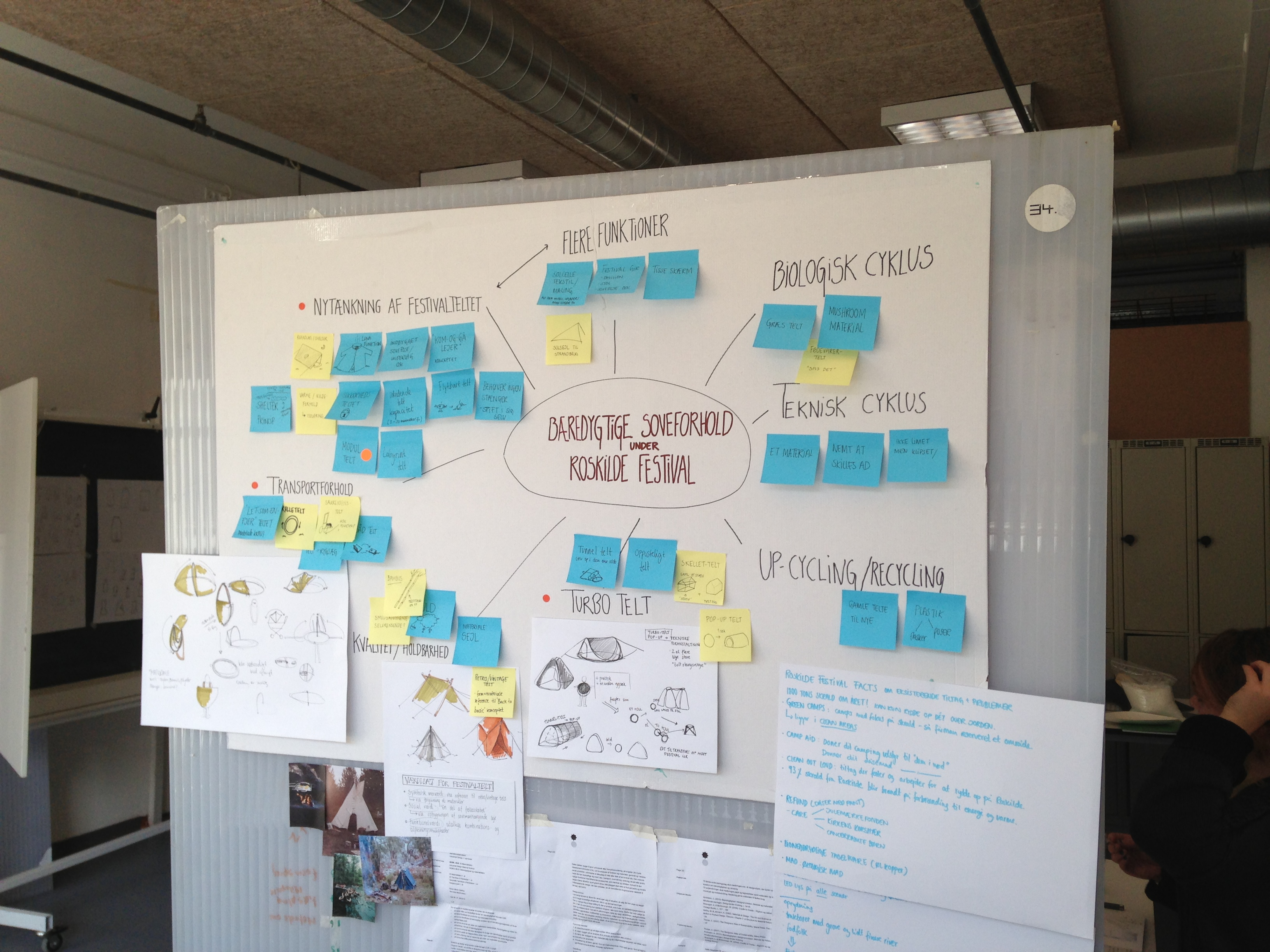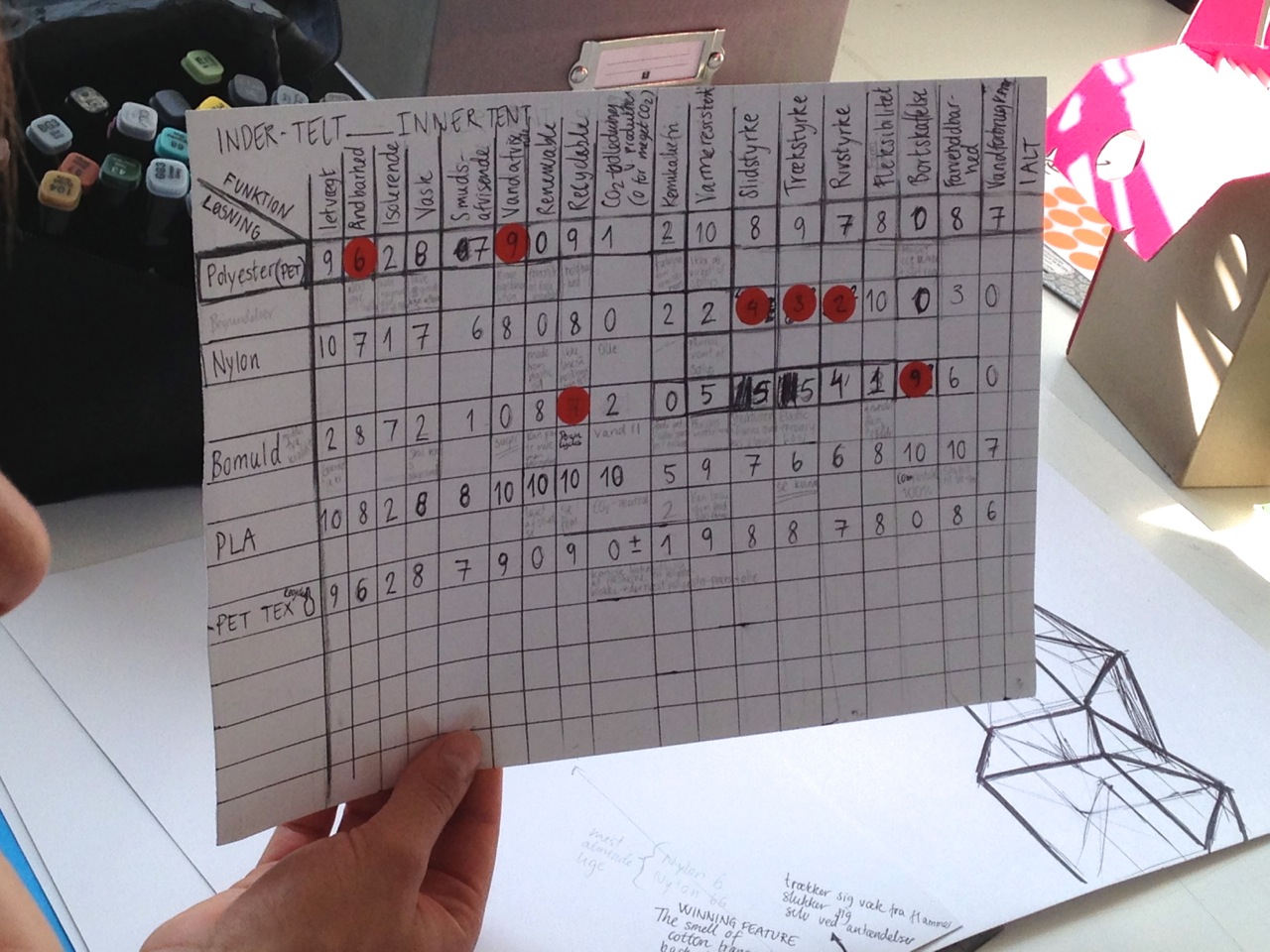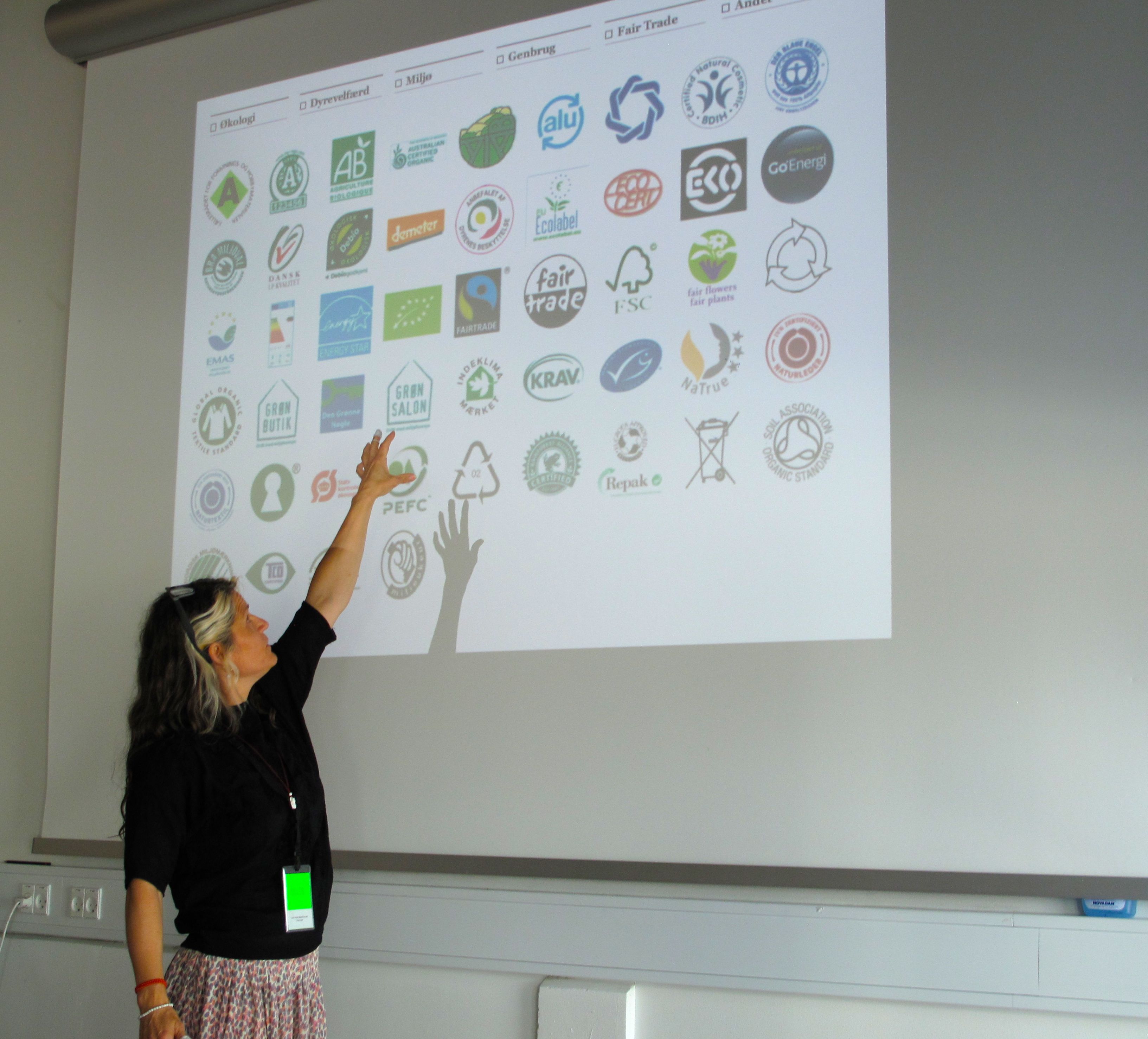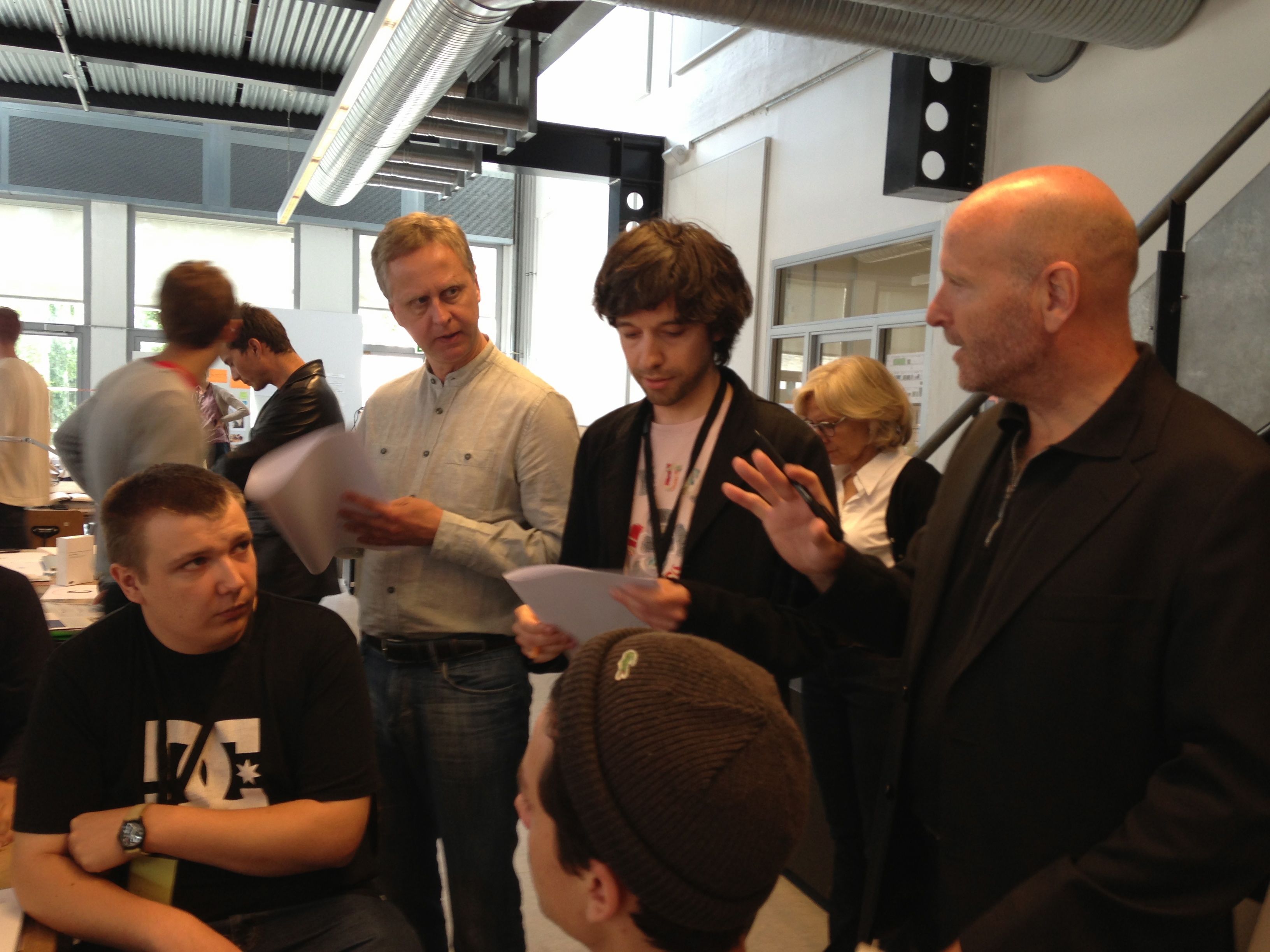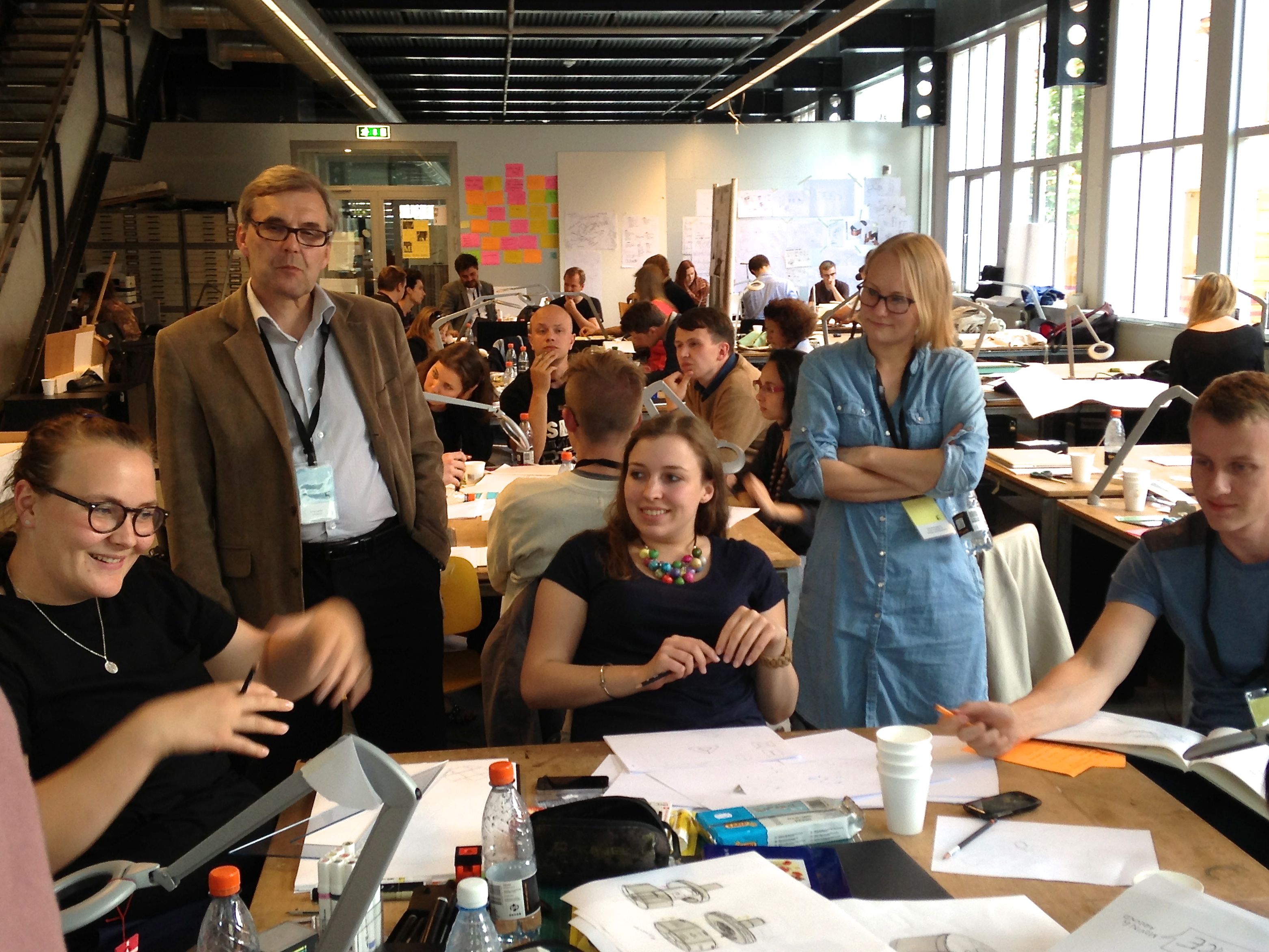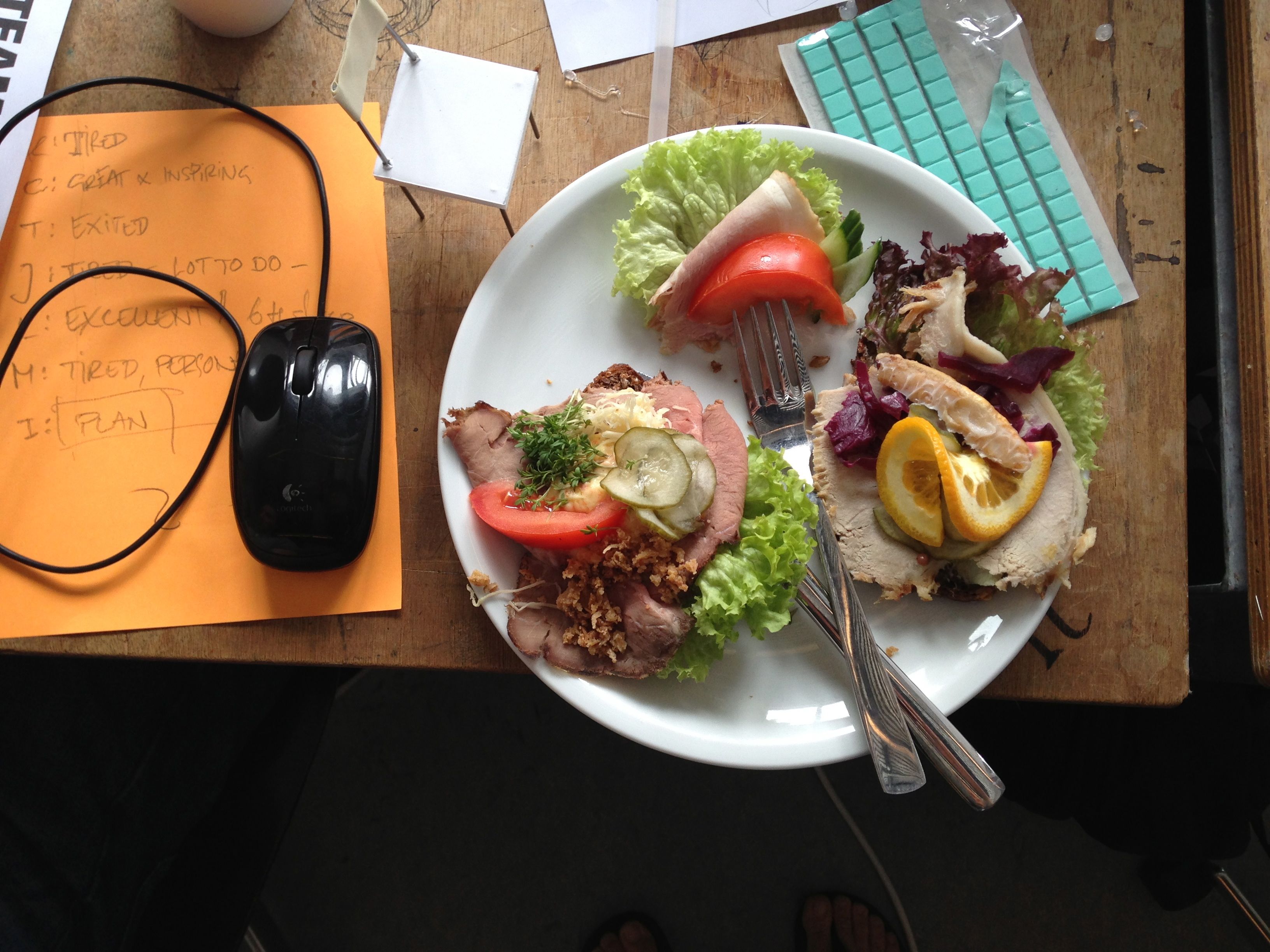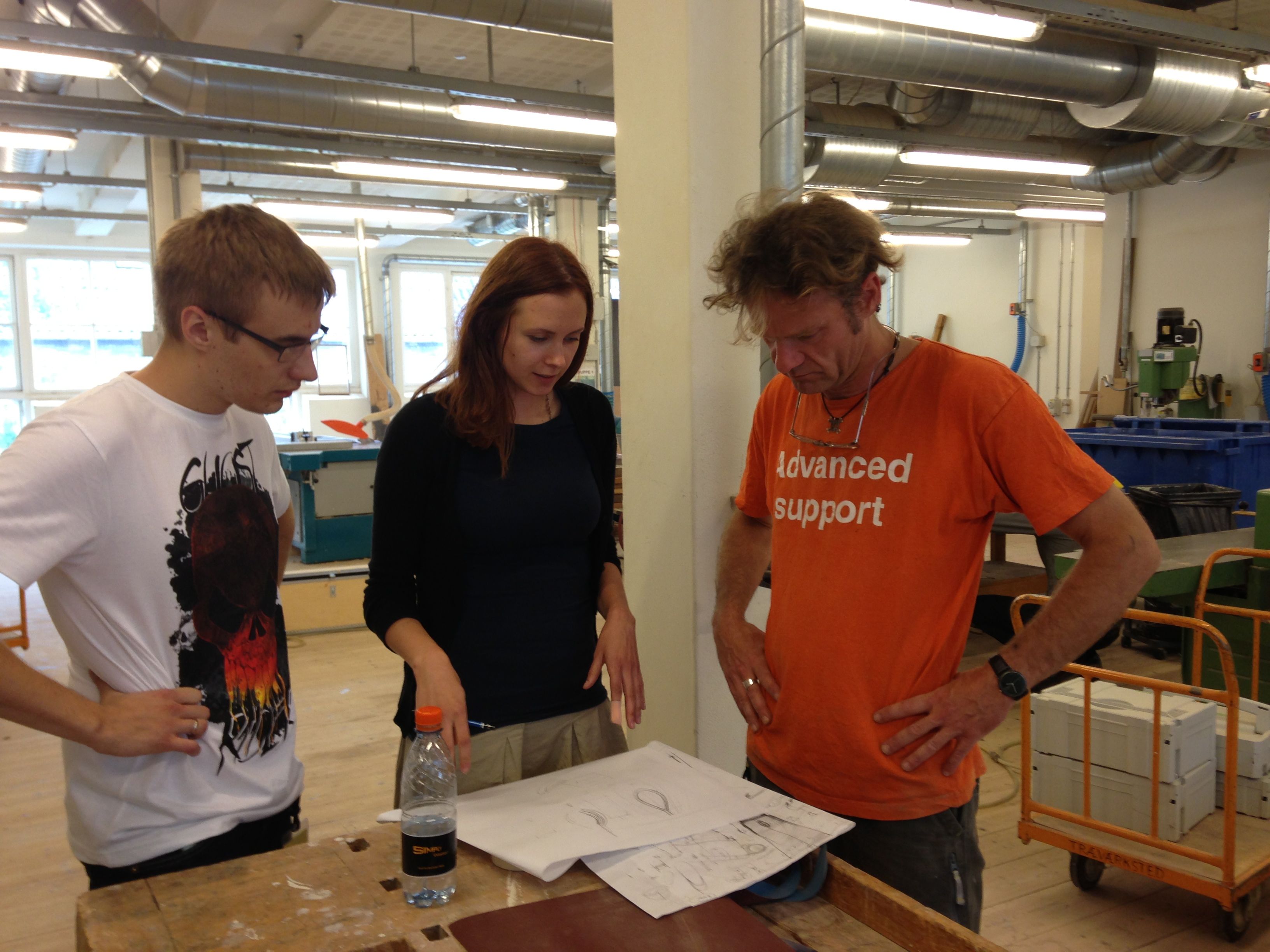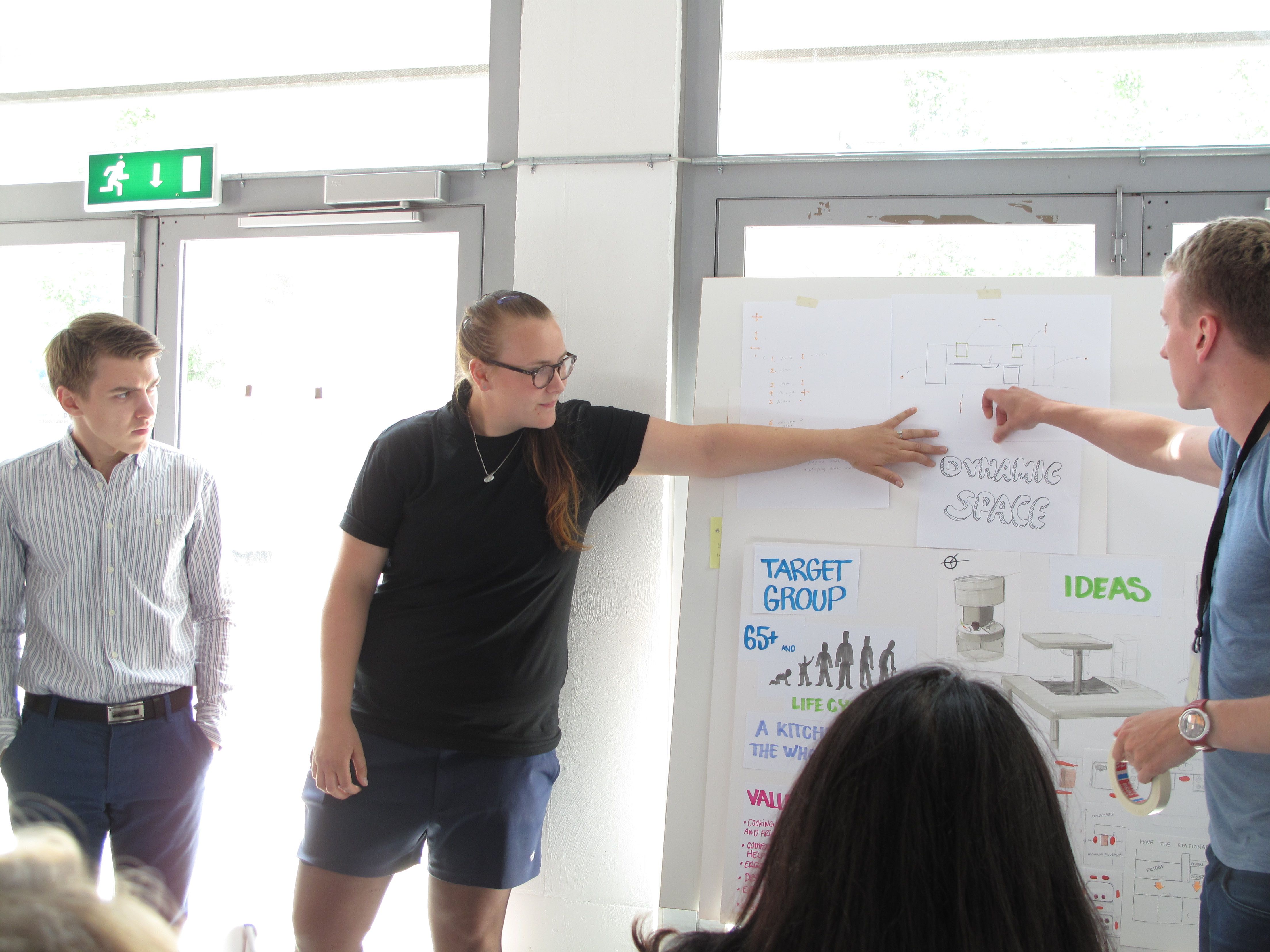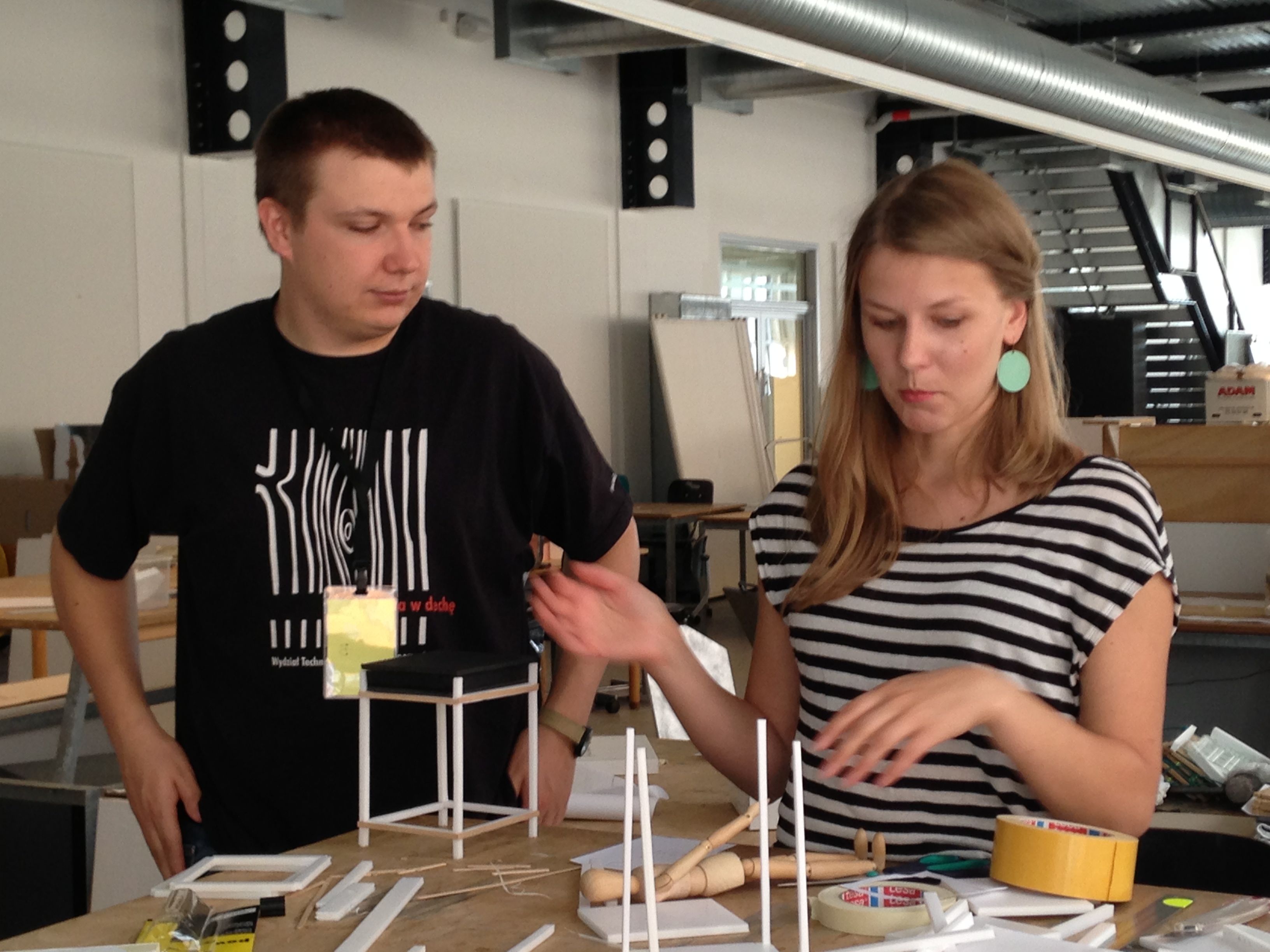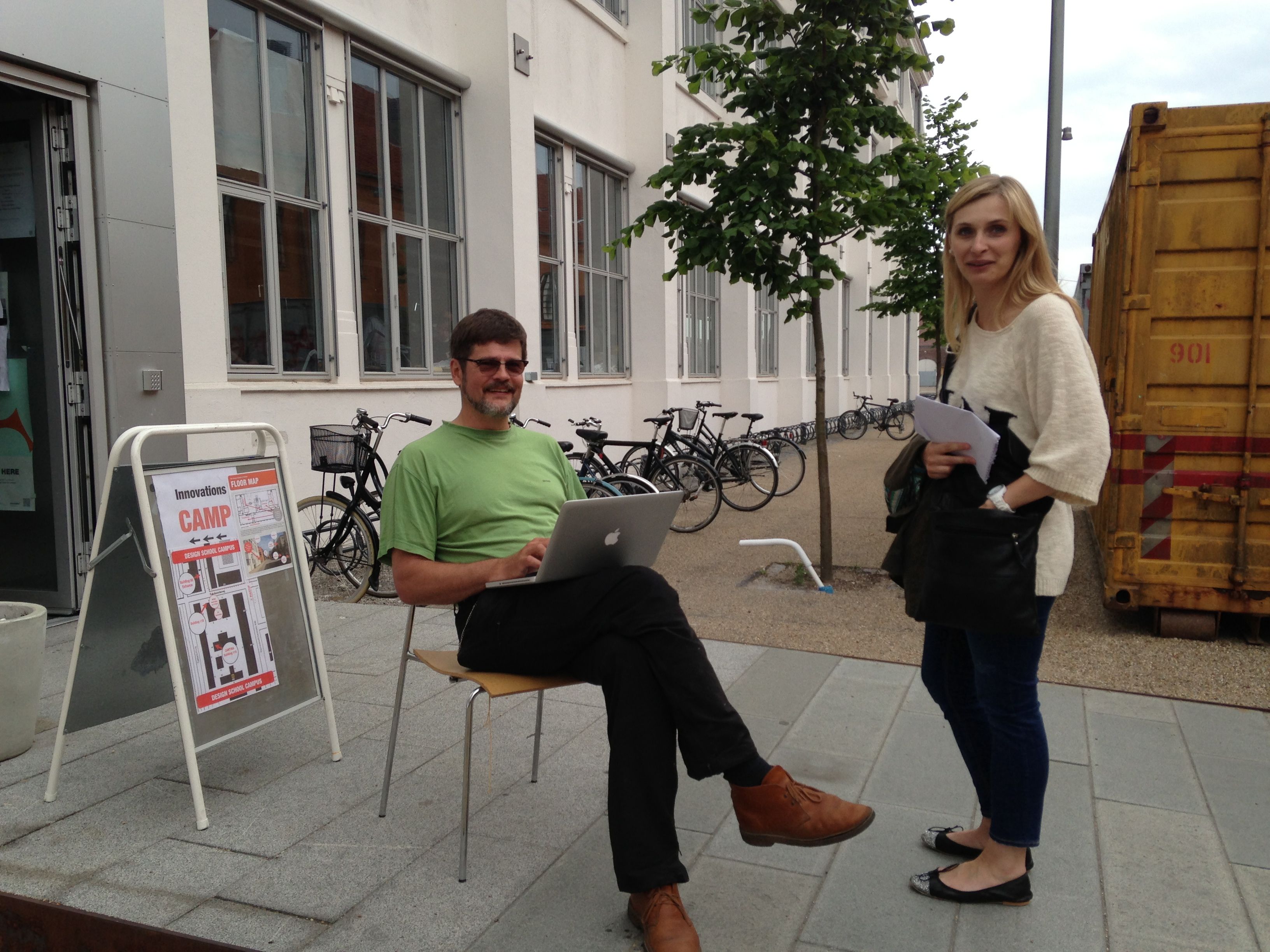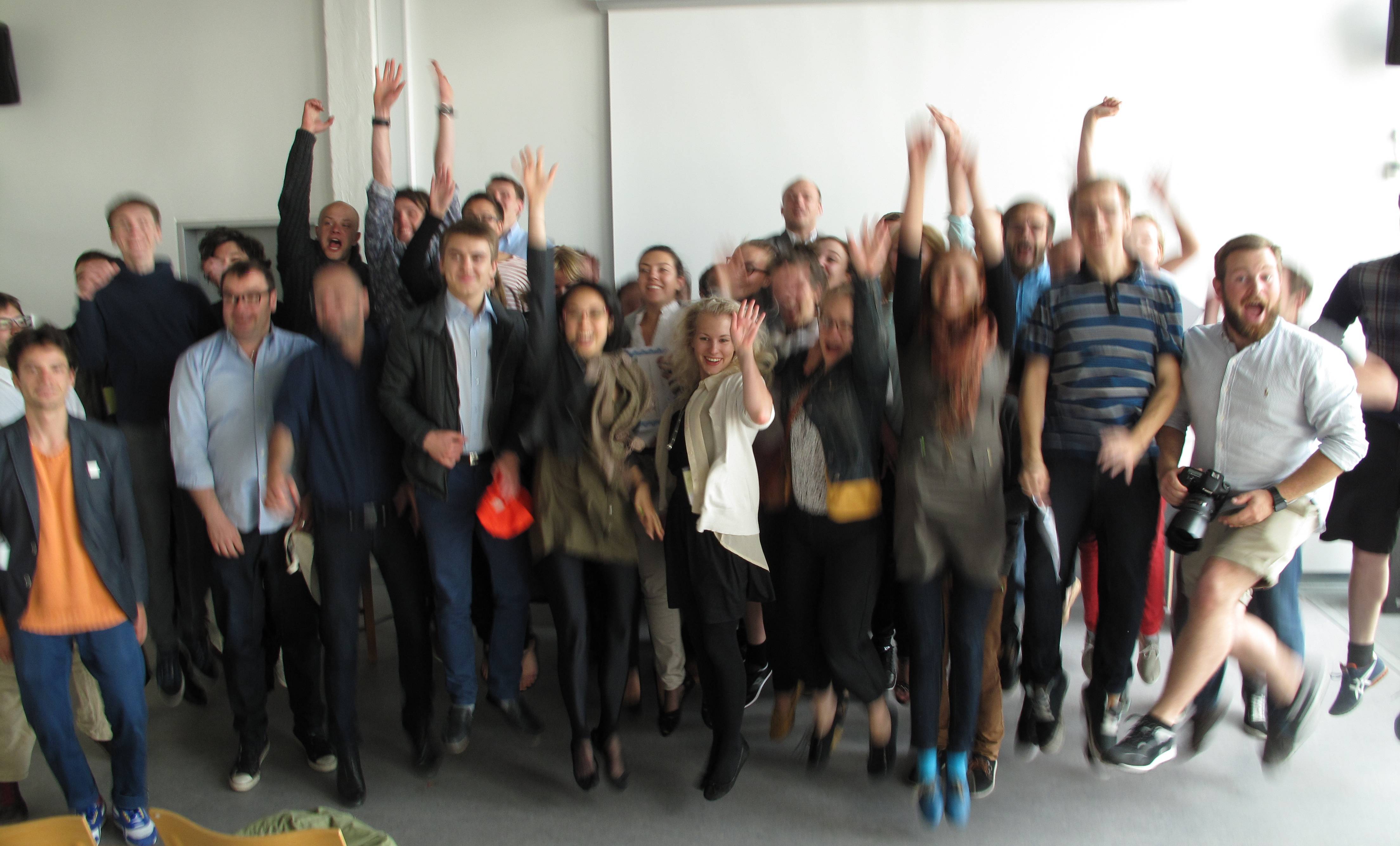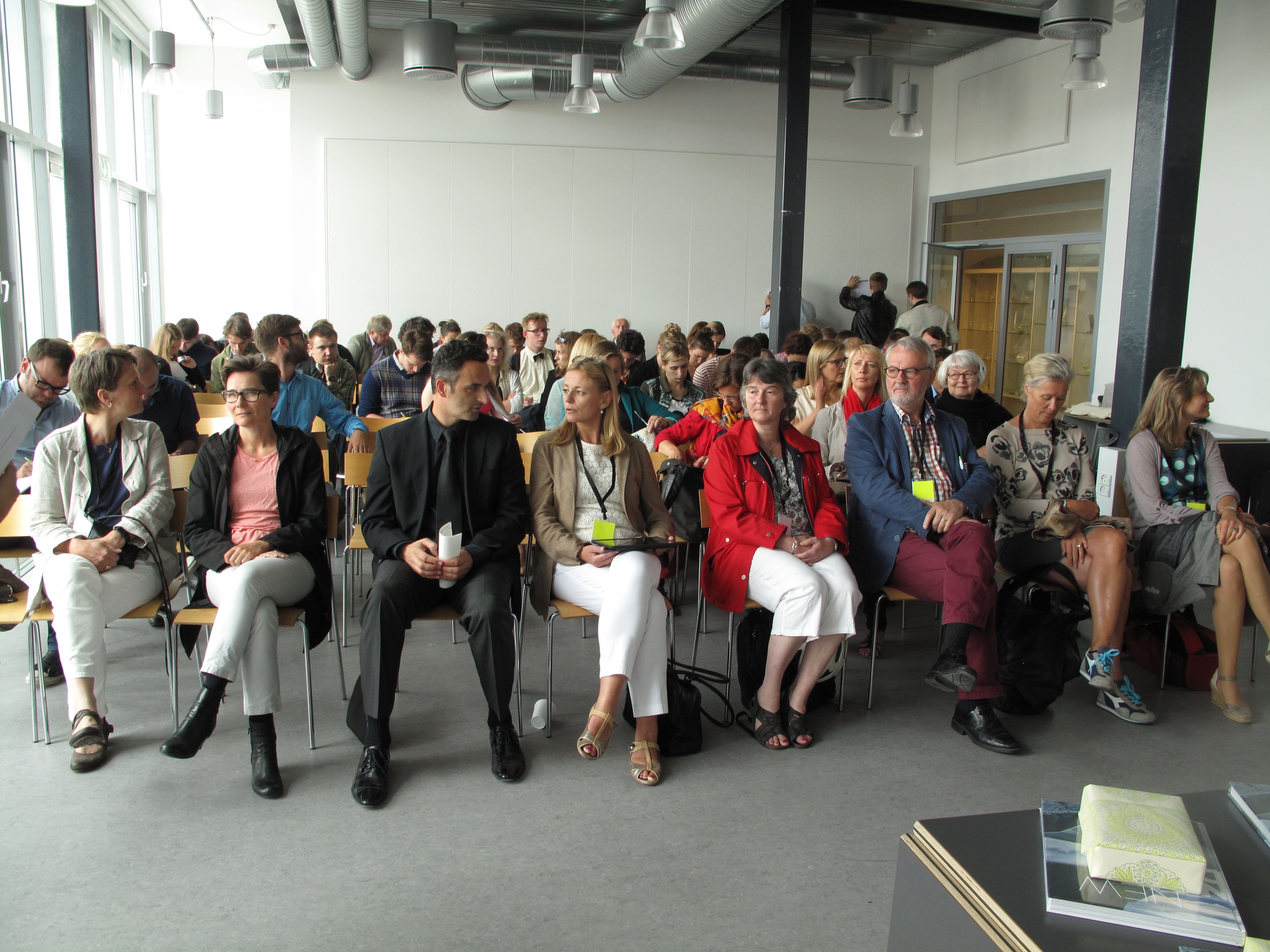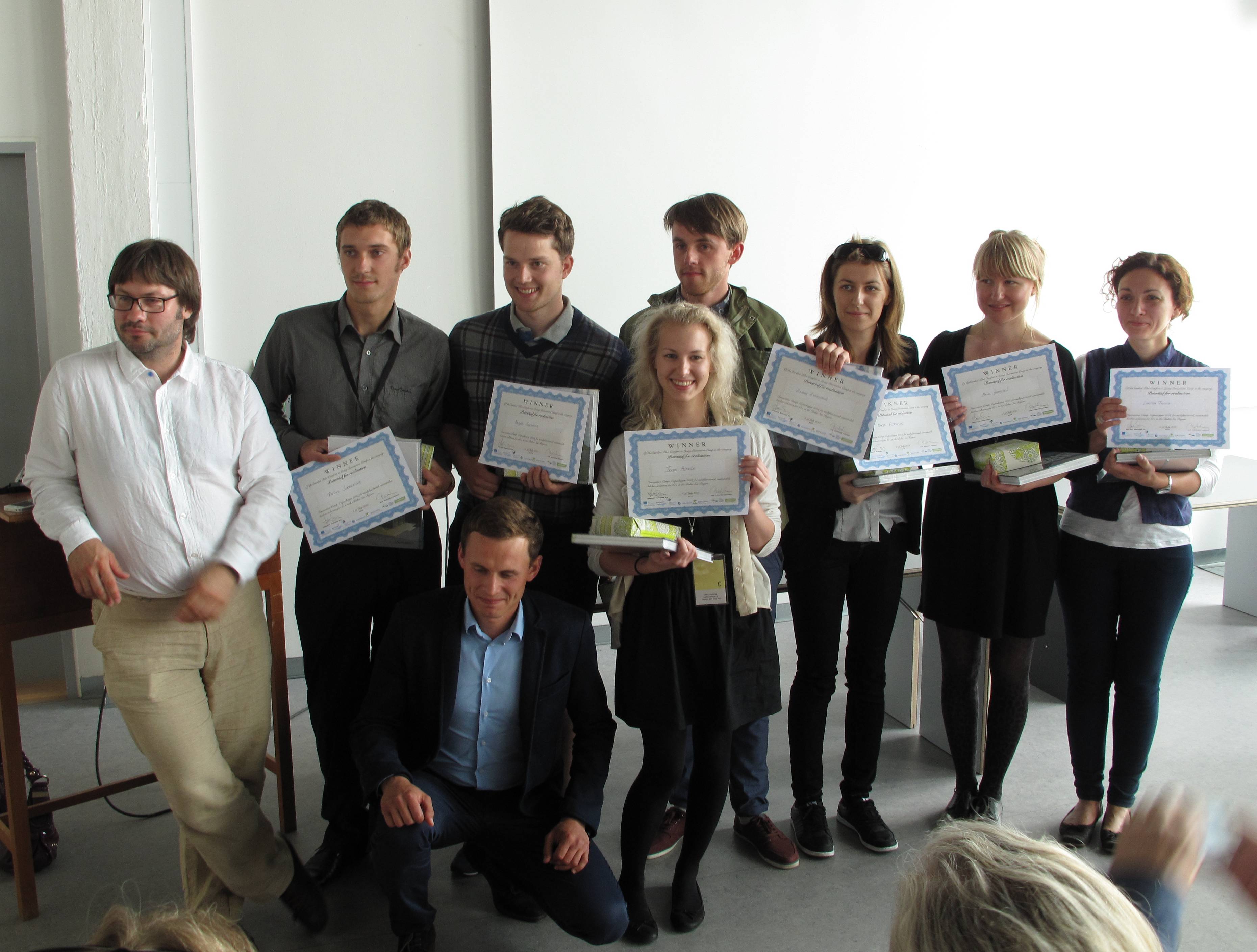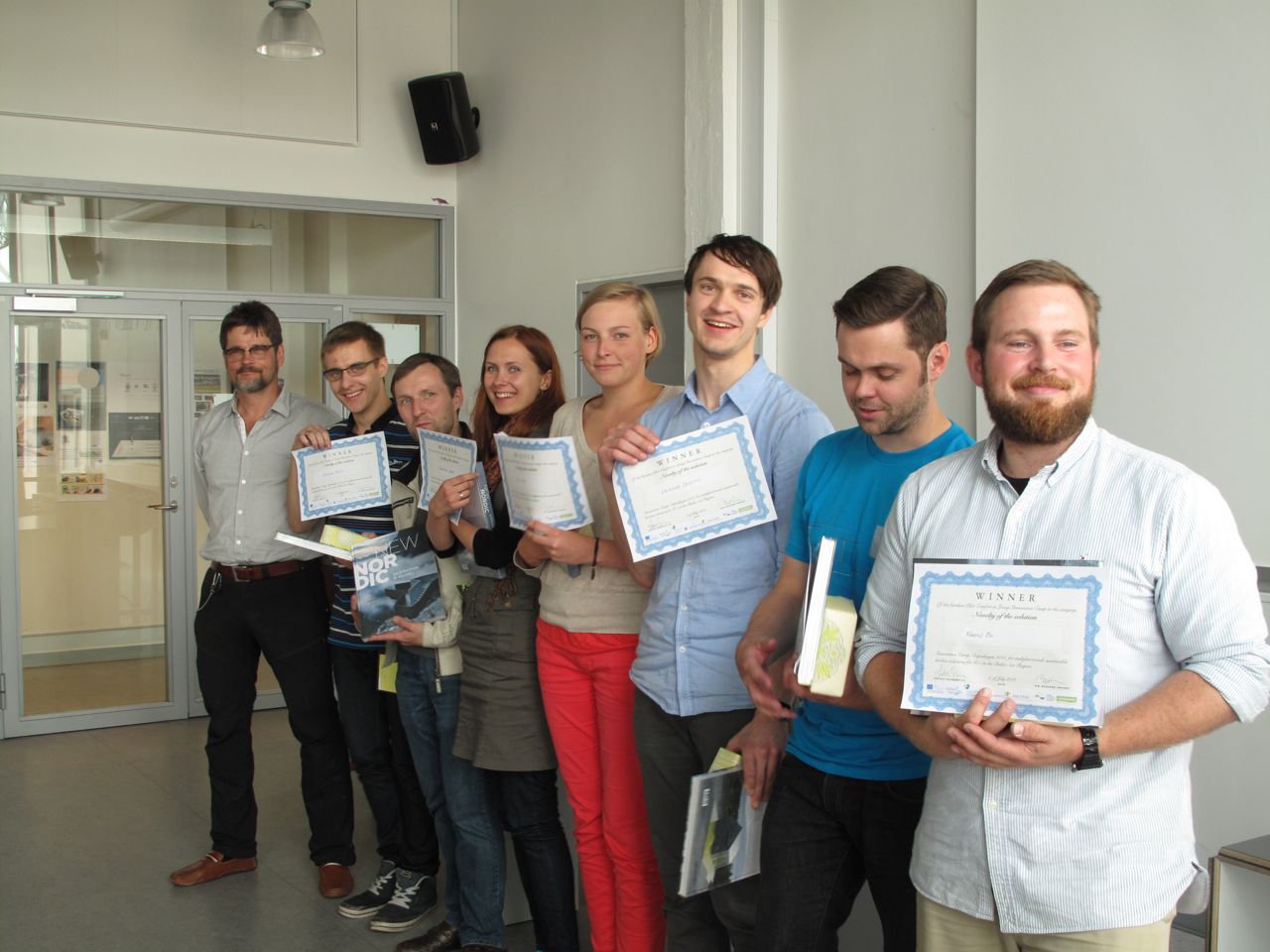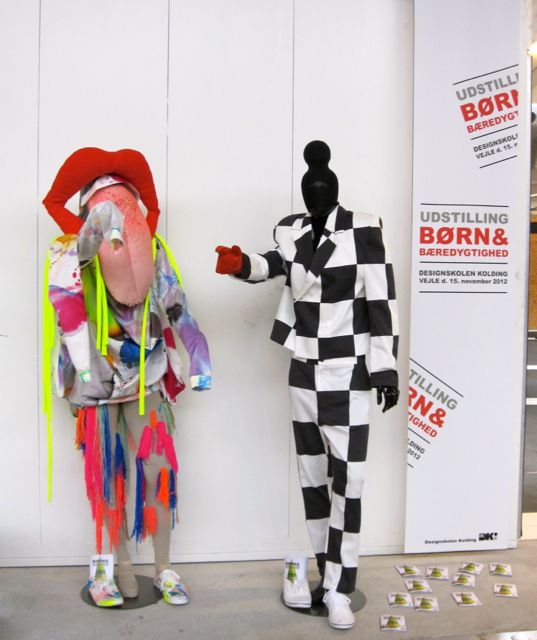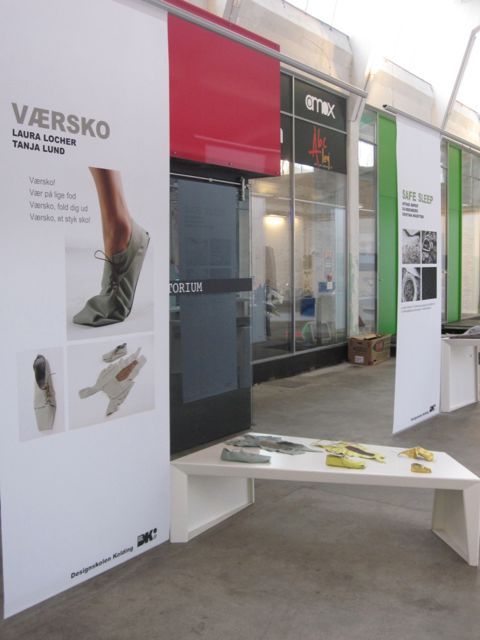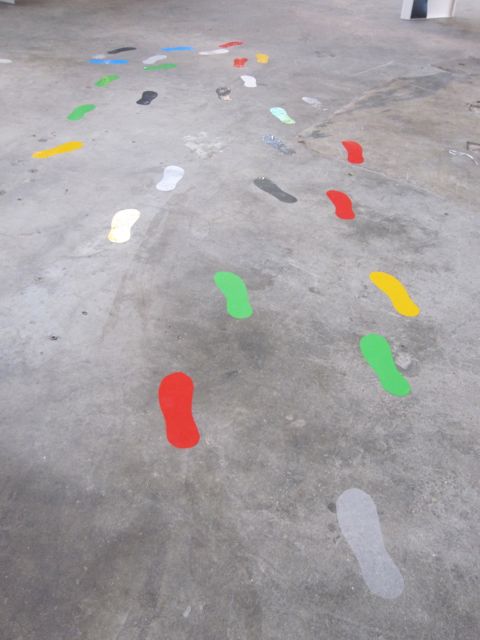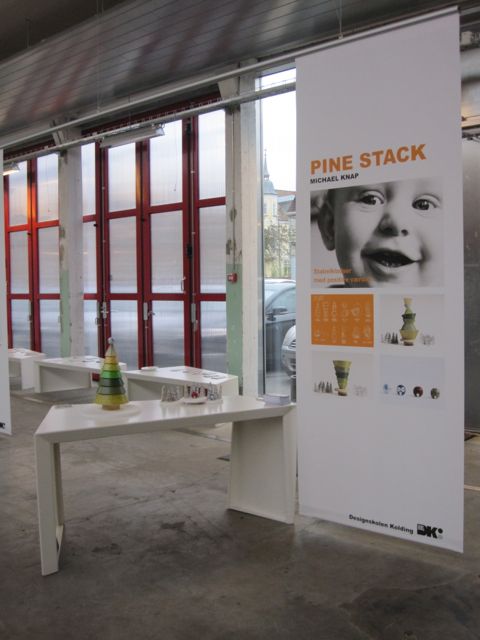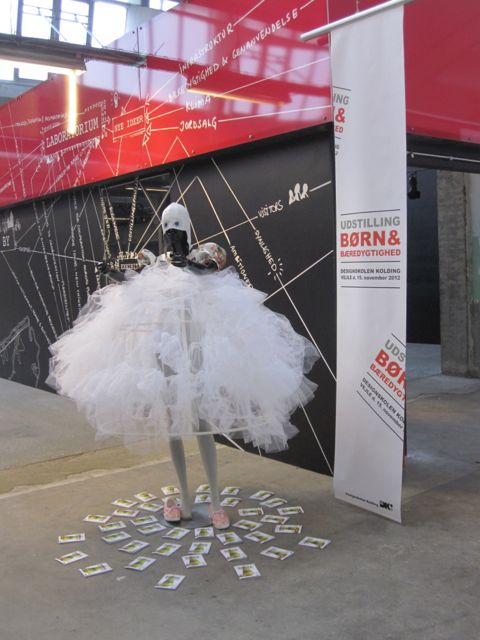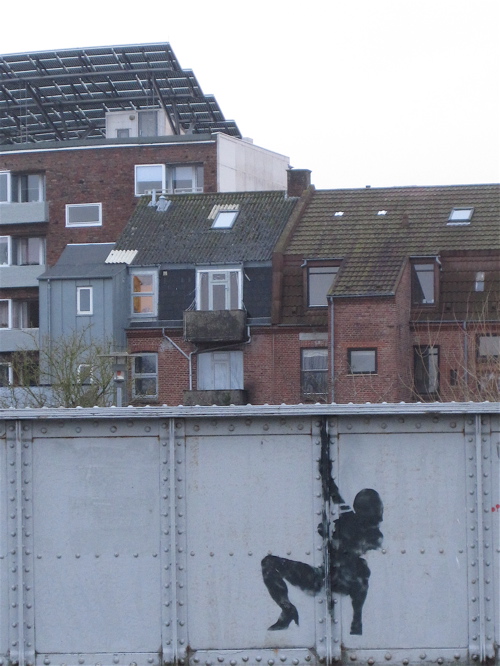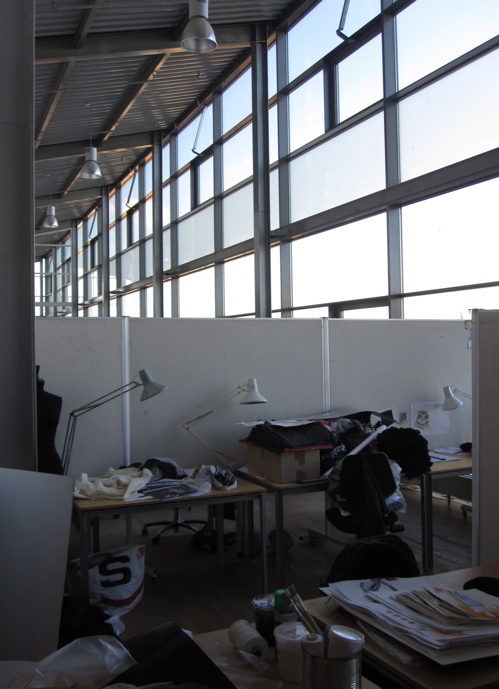This page focuses on learning in different contexts and always with the purpose of accelerating systemic change and create more sustainability – at camps, in projects or anywhere education is happening. Text mostly in English.
Denne side har fokus på læring, som for mig foregår i rigtigt mange forskellige sammenhænge, og næsten altid har det primære formål, at accelerere forandring og skabe mere bæredygtig udvikling.
Above from Bæredygtig Business where we’re taught advisores in green transition and sustainability. The teaching was based on company cases with varying challenges. The picture is from a presentation of a solution brainstorm in 2017.
I have had the fortune of being on the advisory board of Unfair fashion and here I meet young talented fashion designers and learned about their challenges. The picture above is from the Unfair booth stand during Copenhagen fashion fair.
Personally I have learned a lot from attenting conferences. In the ’00’s mostly any conference on sustainability, and today much more selective, simply because there is so much more going on. Here it’s professor Rebecca Earley, from University of the Arts London, presenting at a Mister Futura Fashion conference. A project based in Sweden and concerning the essens of challenges in fashion – and working on new ways. If you don’t know it already check it out. Rebecca and the joined forces in this project are the top of the green pop. Lots of papers and ‘hard facts’ are to be found at their site.
Facilitating workshops is both fun and hard work. Fun because so much can happen in a very short time, and hard because it is my job to make sure is does. In this case it did. The picture is just after one of two workshops for KødSnedkeren.
Presentation of the rapport ‘Circular Economy in the Danish Furniture industry’ (in Danish) at The Royal Danish Academy of Fine Arts Design School dec. 2018. The report was made as part of The National Circular Economy Hub, and as technical manager and in charge of the area Textile and Furniture my job was to edit the report.
THEN CULTURES MEET – in Shanghai
The Design School Kolding and the Tongji University’s Design & Innovation Faculty (D&I) mixed 72 students from the two schools into 7 teams to work for 4 weeks with Service Design – developing new solutions for transportation at Tongji Campus. The 7 teams worked with different topics to inspire to develop different solutions for new Systems, Services and Products (SSP) changing the behavior of Tongji students in relation to transportation at the university campus.
All team contained both Chinese and Danish students, and design disciplines such as Communication-, Product-, Environmental design where represented, also from Denmark students from SDU, Design Management took part in the course. The mixture of academic directions added extra challenge to the cooperations skills and pushed the students to the limit of their abilities.
Fortunately the students also found time to socialize and shared e.g. national food traditions like on the pix below where the Chinese students arranged a dumbling workshop.
In the final week the students worked very long hours, above at the D&I workshop – challenged by time, circumstances and culture diversities. Learning about the field of design and how to operate in real life, to get things ready for a final exhibition.
Sustainability was required as part of all solutions at this course, and Dutch professor Godert van Hardenbroek from Tongji D&I gave lectures about – The actual Life Supporting System we humans operate under here on earth, and – how designers can work to change human behavior.
The final projects where exhibited as part of the Nordic Design Week in Shanghai at Bridge 8,2.
BÆREDYGTIGHED og MATERIALELÆRE II
Designskolen Kolding har Bæredygtighed som en af sine kerneværdier i skolens mission og her i efteråret underviser jeg sammen med phd studerende og materialeekspert Karen Marie Hasling de studerende i Bæredygtighed og Materialelære. Kursuset har CAMP / Lejr som tema og vi startede med feltobservationer og overnatning i det fri.
Skibelund Natur lejrplads ligger 14 km udenfor Kolding (book her) og transporten derud blev overvejende foretaget med CO2 fri befordringsmidler og god benkraft. Vejret lagde op til test af især vandtætte materialer.
På lerjpladsen etablerede vi vores sovepladser. Herover lærerteltet, de studerende sov i shelter. Der blev indsamlet brændenælder til suppe og bær til morgengrød og vi gjorde os erfaringer med at tilberede (gourmet) mad over åben ild og trangia. Meget ambitiøs og vellykket menu.
Tilbage på skolen arbejdede vi videre med vores iagttagelser, fik besøg af Peter fra Spejdersport som viste alt godt til friluftlivet – her fx. sidste nyt til vandrensning, som er UV lys.
Efter researchfasen valgte de studerende et specifikt område under CAMP temaet, som de vil arbejde indenfor og gå i dybden med. De kunne vælge imellem Frilufts Lejr, Festival Lejr og Flygtning Lejr og herunder vælge en specifik problemstilling, som de tager udgangspunkt i, når de arbejder videre med at udvikle en ny og bæredygtig løsning.
Der arbjdes videre med produktudvikling som i denne kontekst støttes, begrundes og uddybes med matricer med oversigt og mulighed for at sammenligne forskellige materialers egenskaber og værdier. Her får de studerende indsigt i at bæredygtig produktudvikling i høj grad går hånd i hånd med valg af materialer til produktet.
INNOVATION summerCAMP
For 5 very busy days design students and business people from countries around the Baltic Sea participated in an InnovationsCAMP planed by the Innonet Lifestyle and held at the Design School at Holmen in Copenhagen. My role was as facilitator of the Design Workshop. 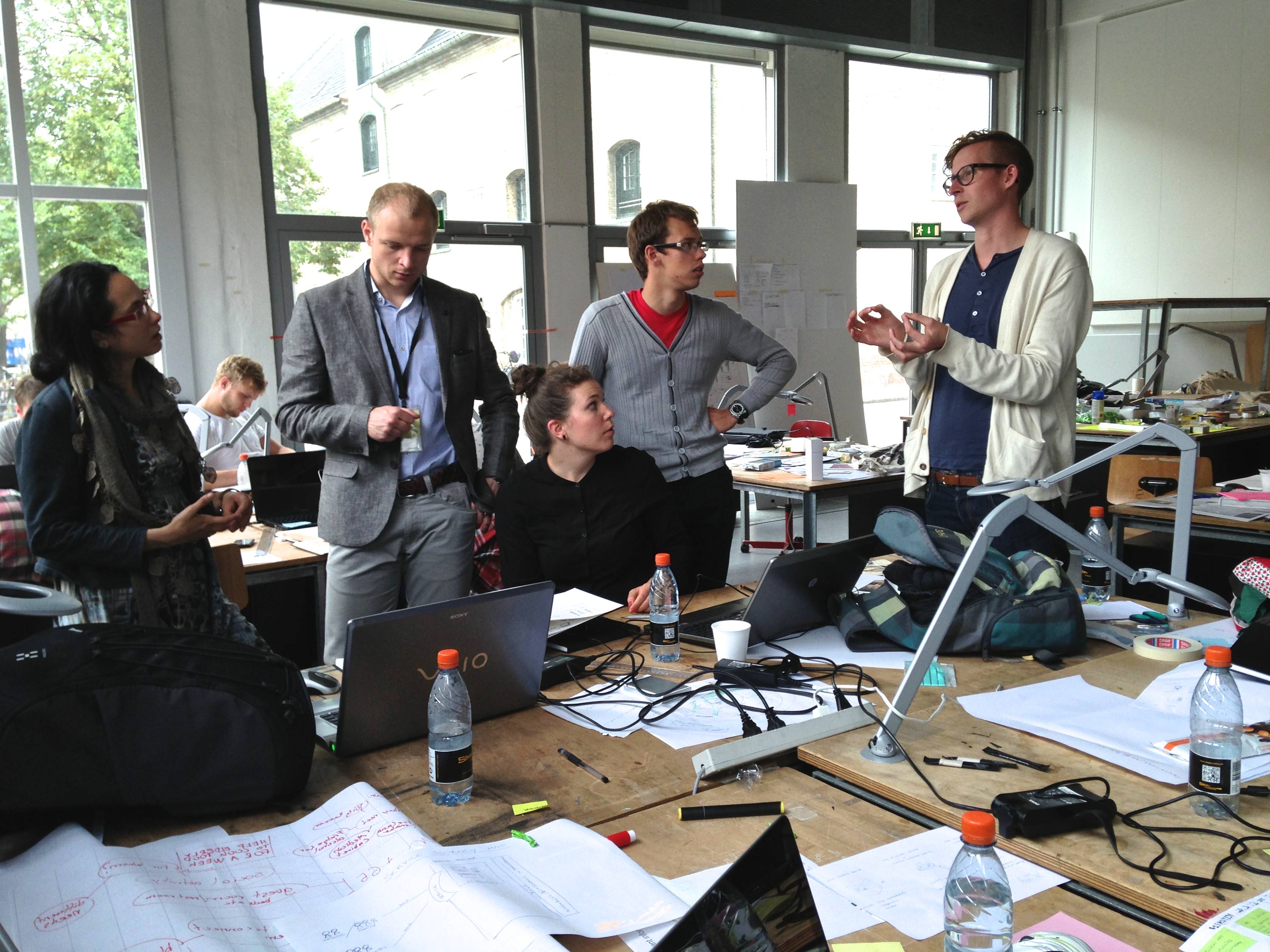
InnovationCAMP is part of the Comfort in Living project. The purpose of the project is to focus on product development for the comfort of living among the growing population of elderly people in the Baltic Sea Region. The project responds to the growing societal challenge of an aging population in Europe as well as in other parts of the world.
At the CAMP design teams and business teams where partnered across borders and worked jointly with design and creation of new solution for kitchens for the growing population of 65+. It was very interesting to see how Design Thinking used as a tool both in the Design teams and Business teams gave a hole new platform for co-creating. The hope is that this may bring solutions to the Baltic Sea Region market as well as the global market, as the population of elderly people is growing around the world.
The purpose of the DesignWORKSHOP was to use Design Thinking and User-Centered Design as an approach to develop new, innovative kitchen solutions for this group. Each Design Team joined forces to co-create solutions giving future elderly in Northern Europe the possibility to remain independent and empowered; living a life with possibilities in spite of physical constraints and the limitations that come with ageing.
Each team solution where evaluated by a jury on two criteria, and there where announced two winning teams, one for: Novelty of the solution, and one for: Potential for realization. Betina Simonsen CEO of Innonet Lifestyle where head of jury.
Watch a video from the camp here.
BØRN & Bæredygtighed fase 1.
Udstilling i Vejle i forbindelse med konferencen Created4Kids.
På udstillingen ‘BØRN & Bæredygtighed’ viste studerende og afgængere fra Designskolen Kolding 8 flotte projekter, som alle havde børn som målgruppe og hver sin bæredygtige vinkel. Udstillingen blev vist i forbinelse med konferencen Created4Kids, som blev afholdt af ‘Innovationsnetværket Livsstil – Bolig & Beklædning’ i Spinderihallerne i Vejle. Som projektleder stod jeg for udstillingen og udvælgelse af de studerende, som brugte konferencen til at søge virksomhedskontakter.
Undervisning i Bæredygtighed og Materialelære på Designskolen Kolding.
The Designschool in Kolding.

